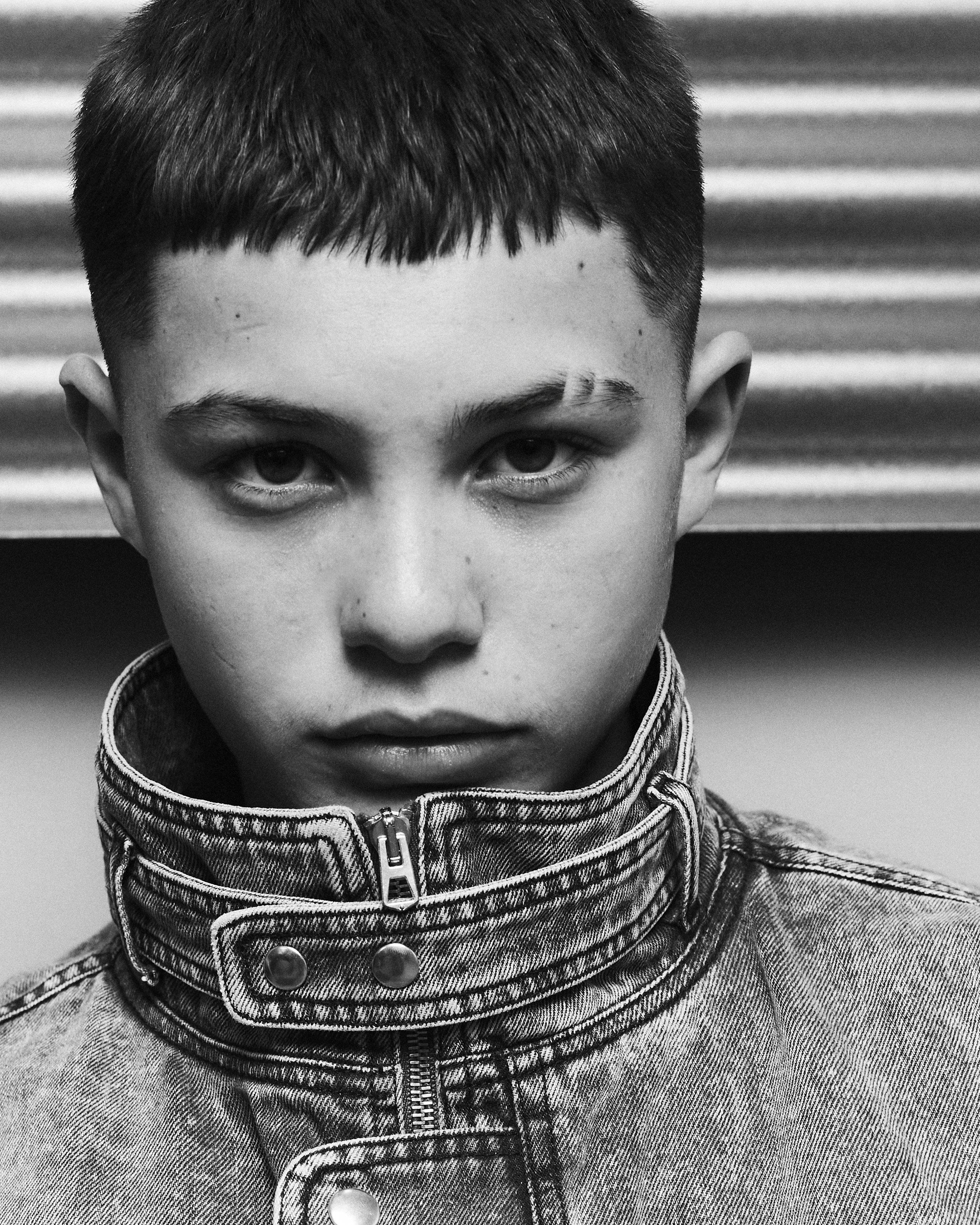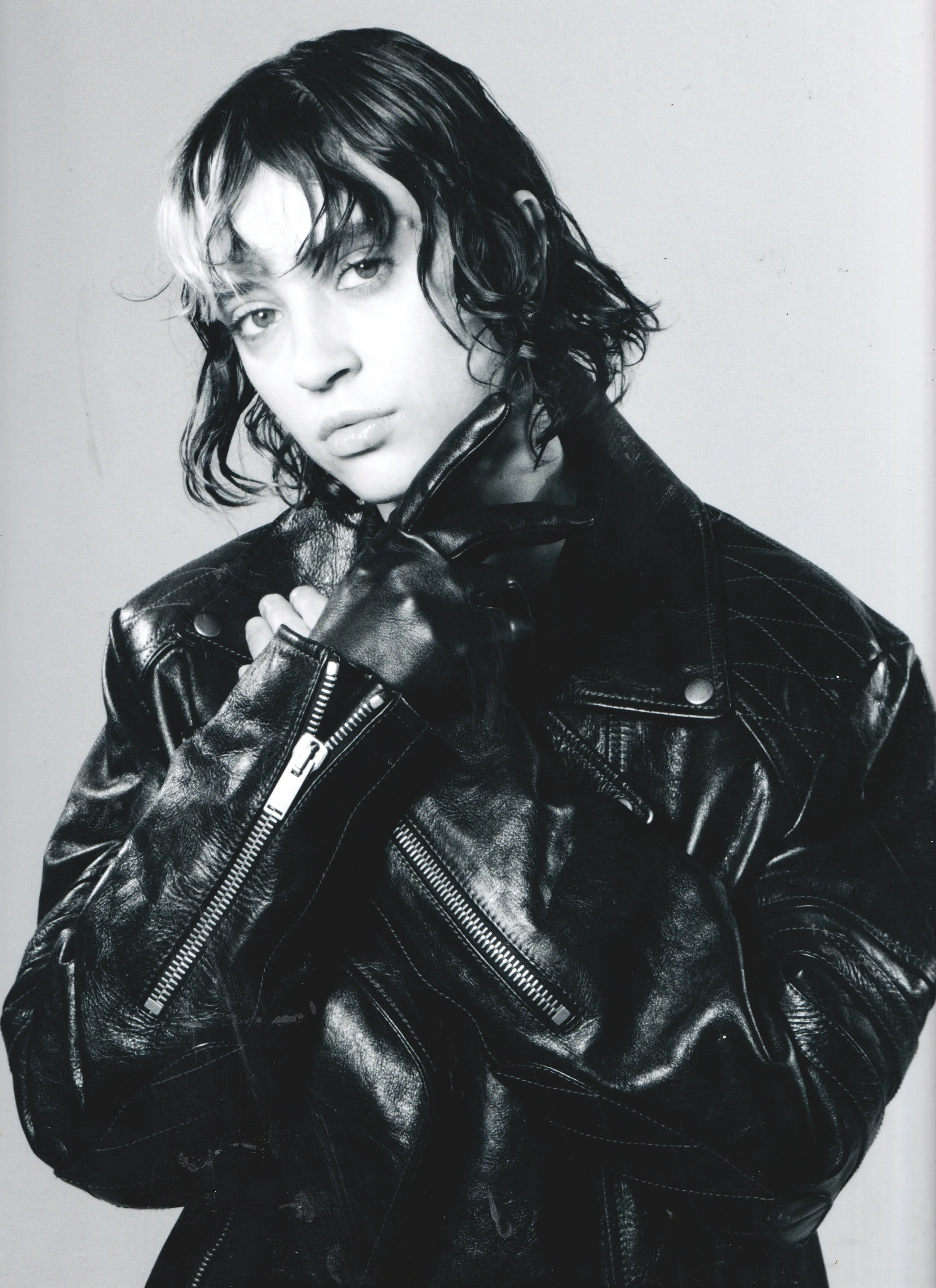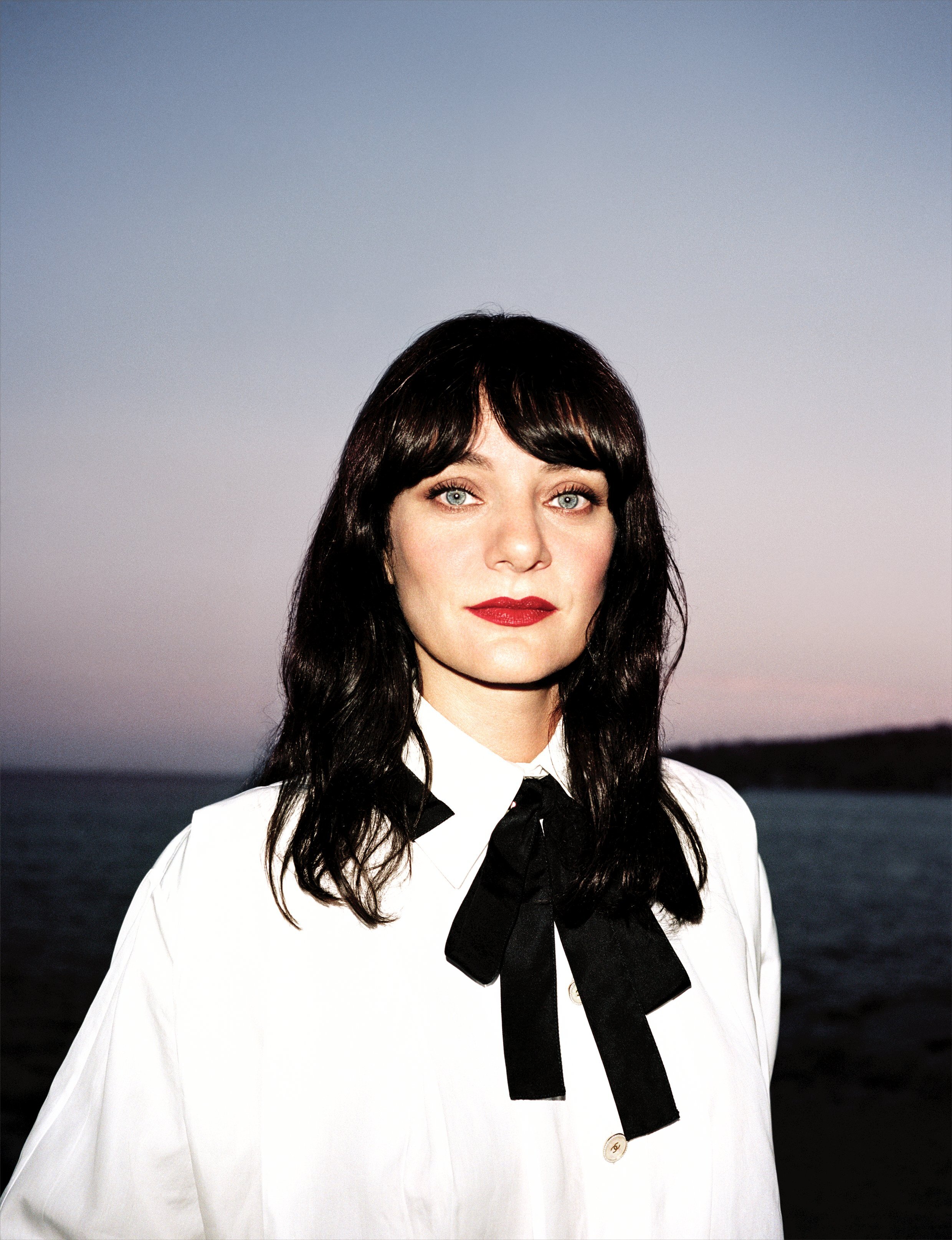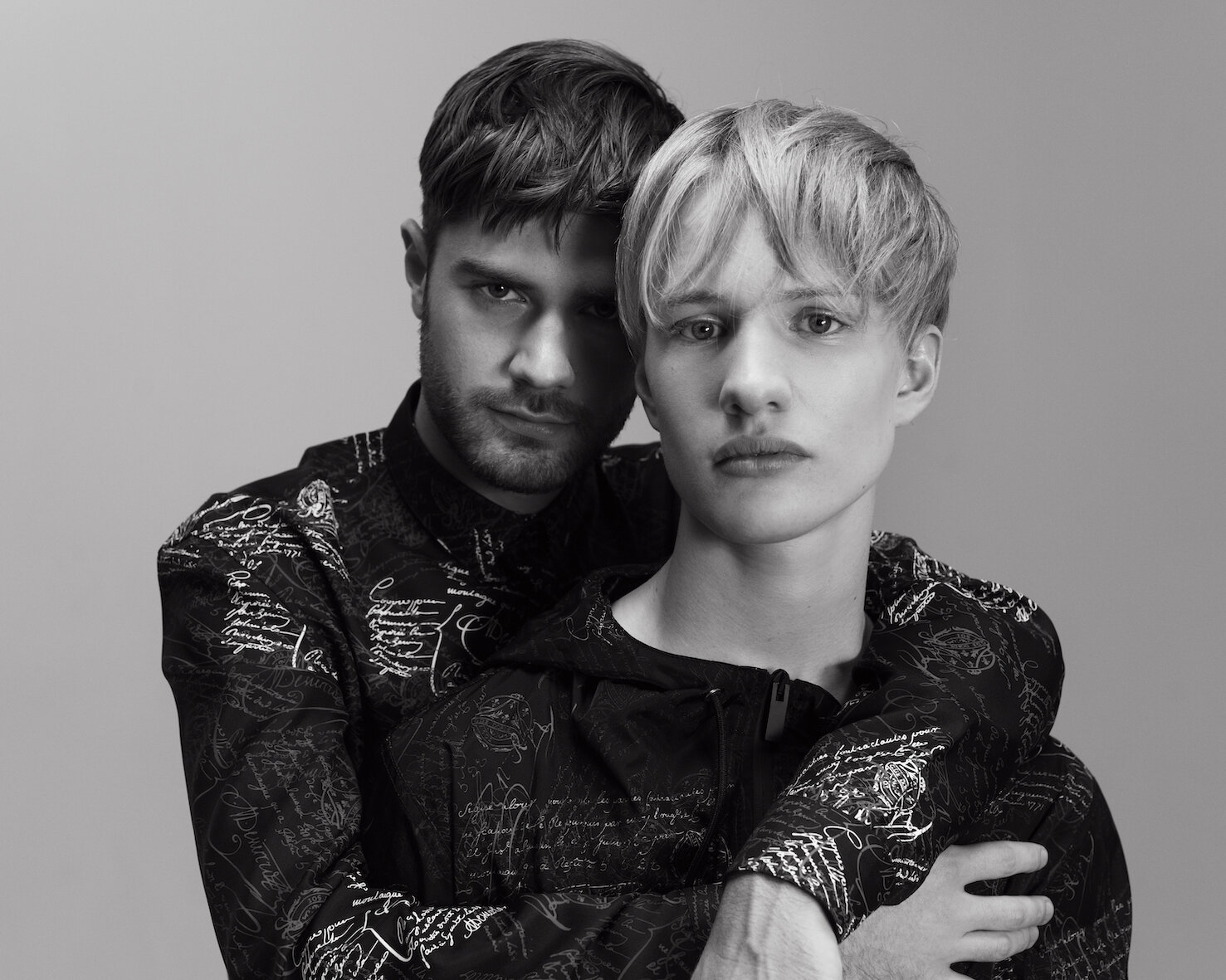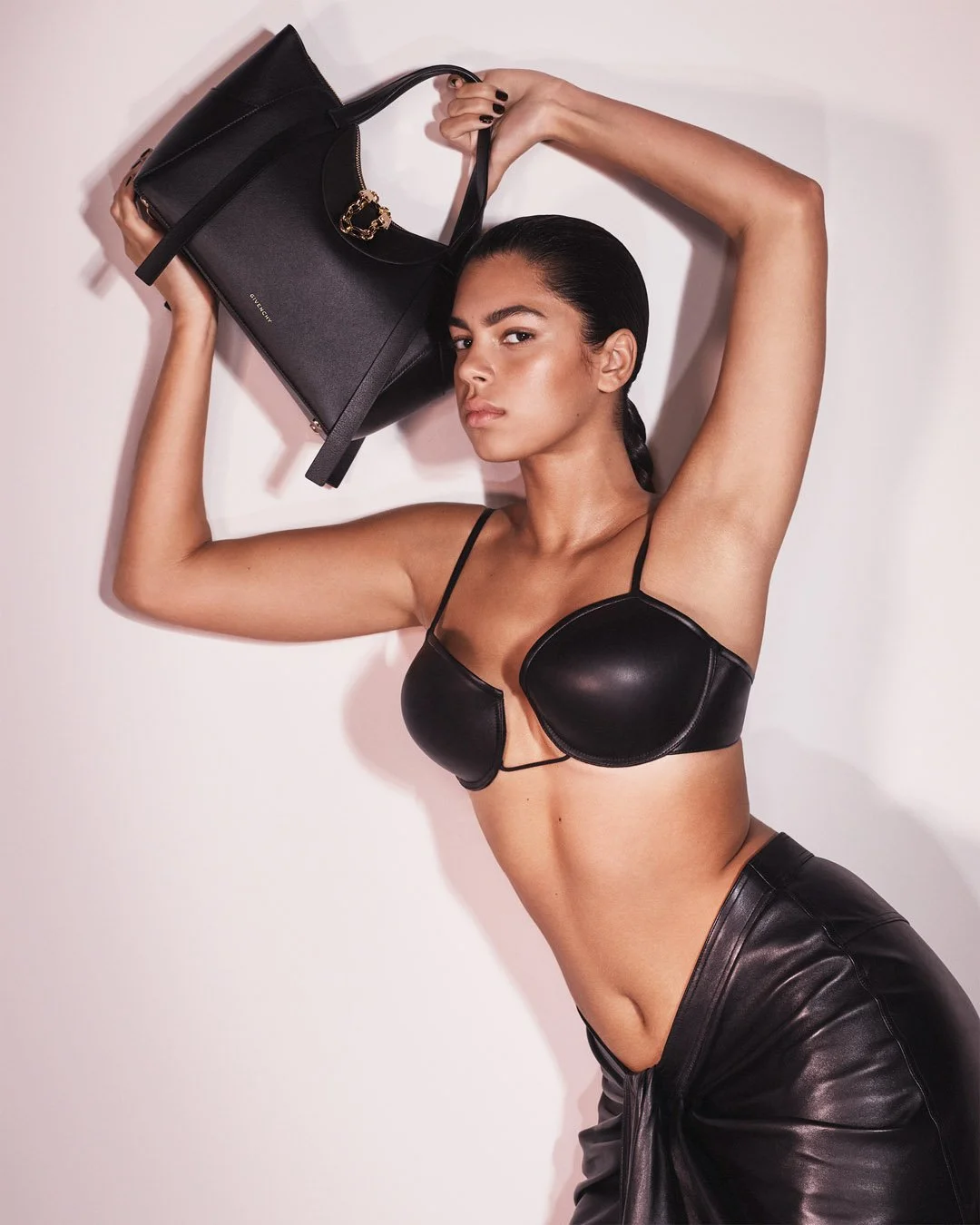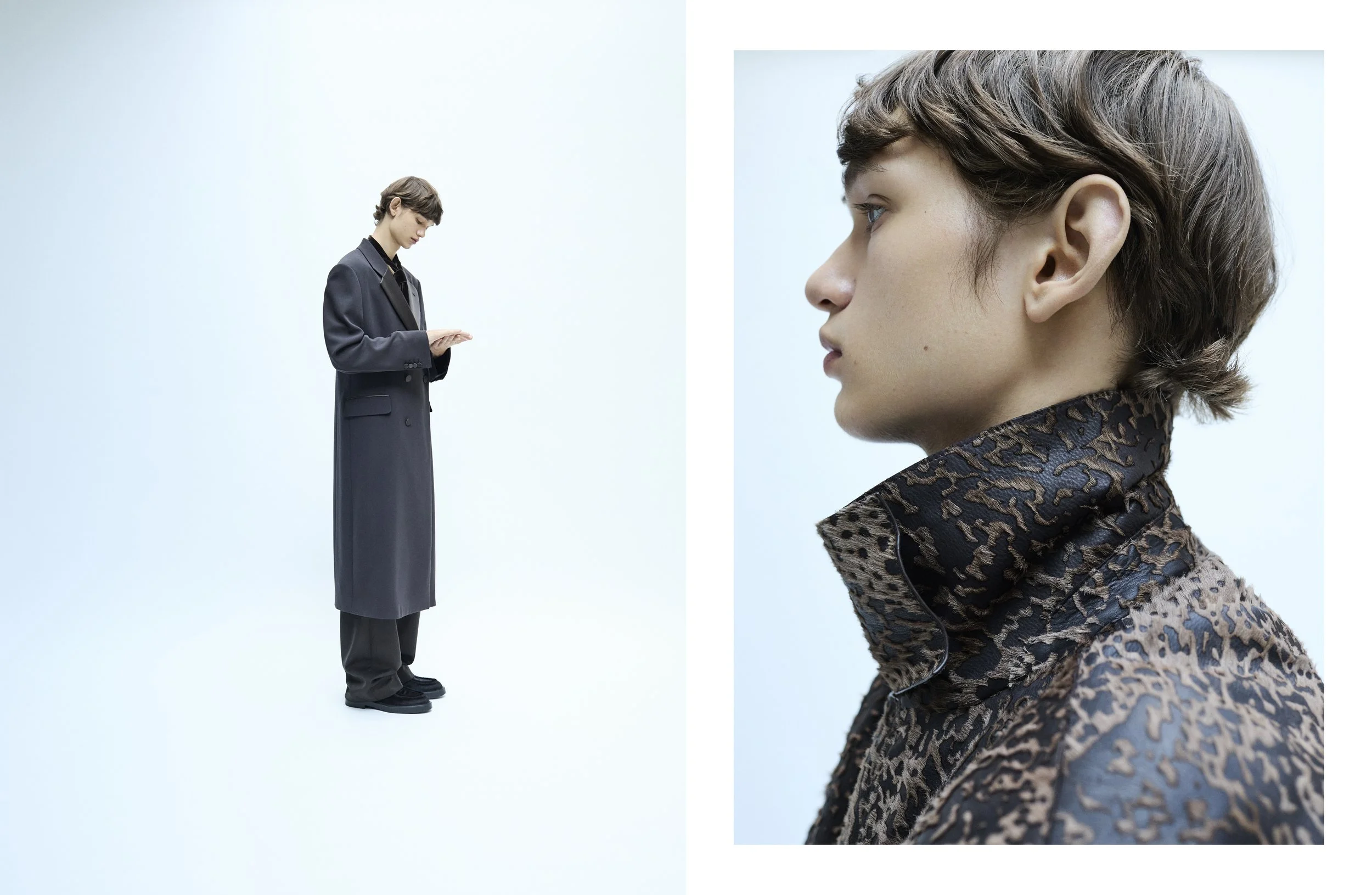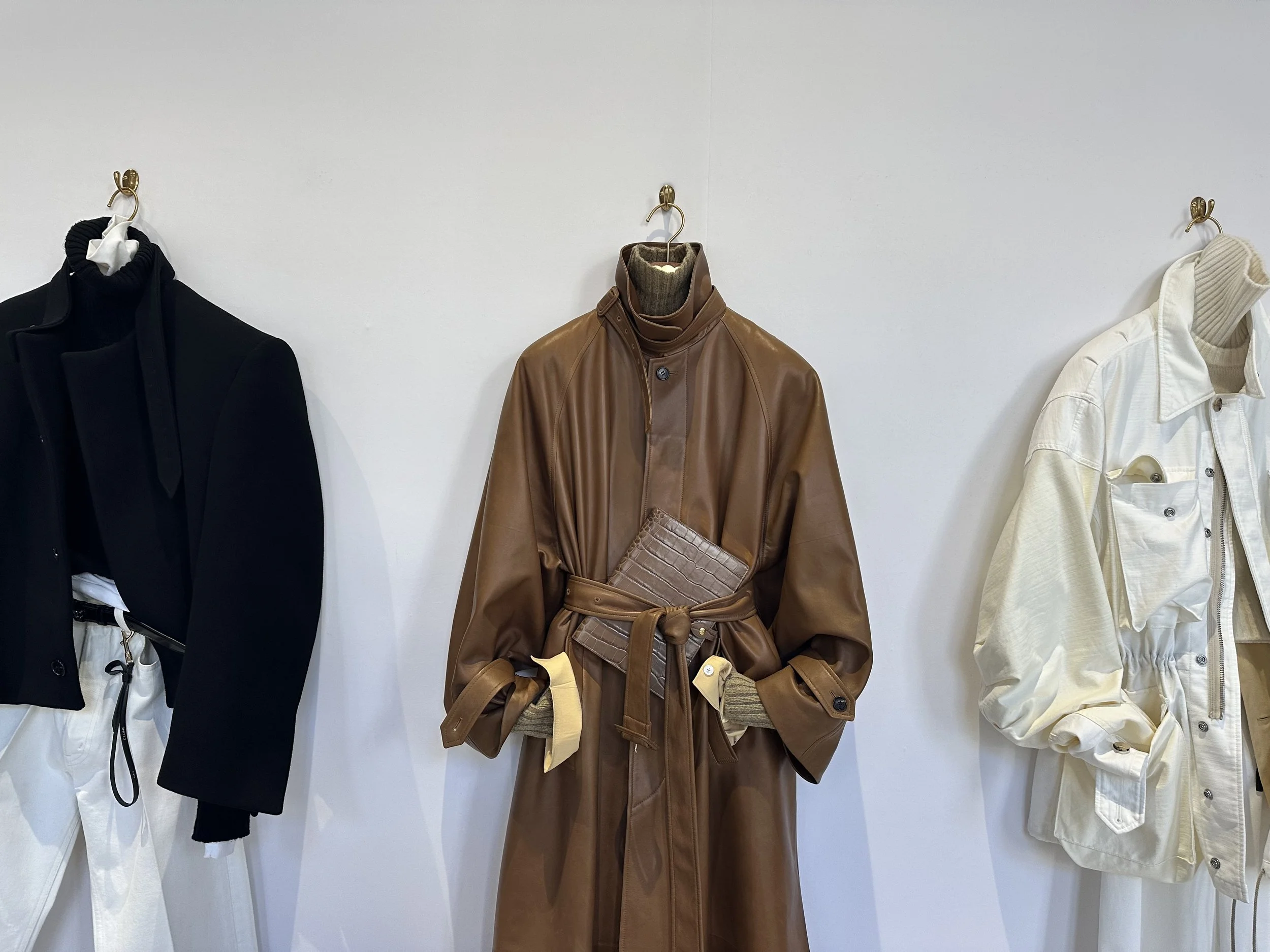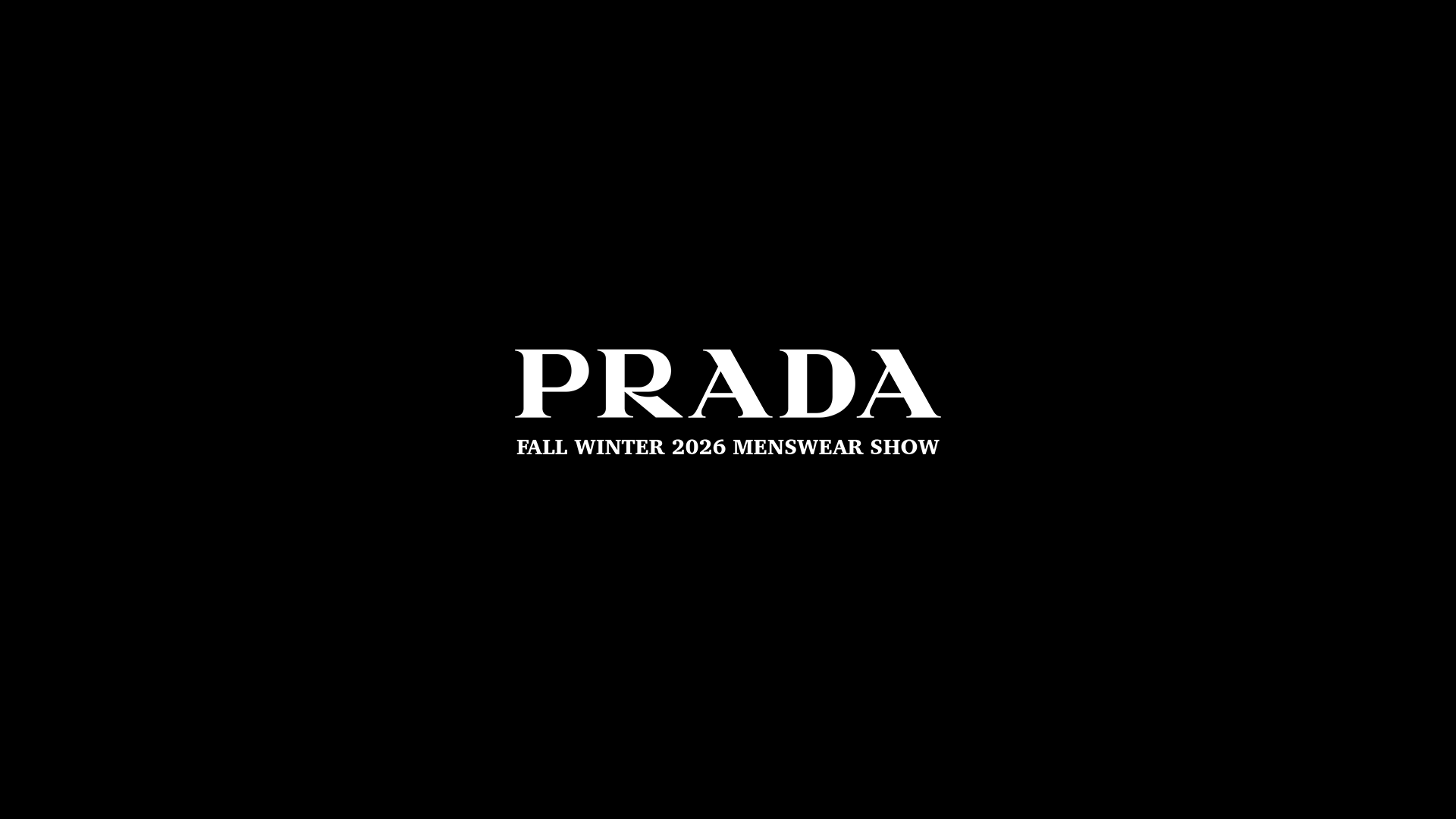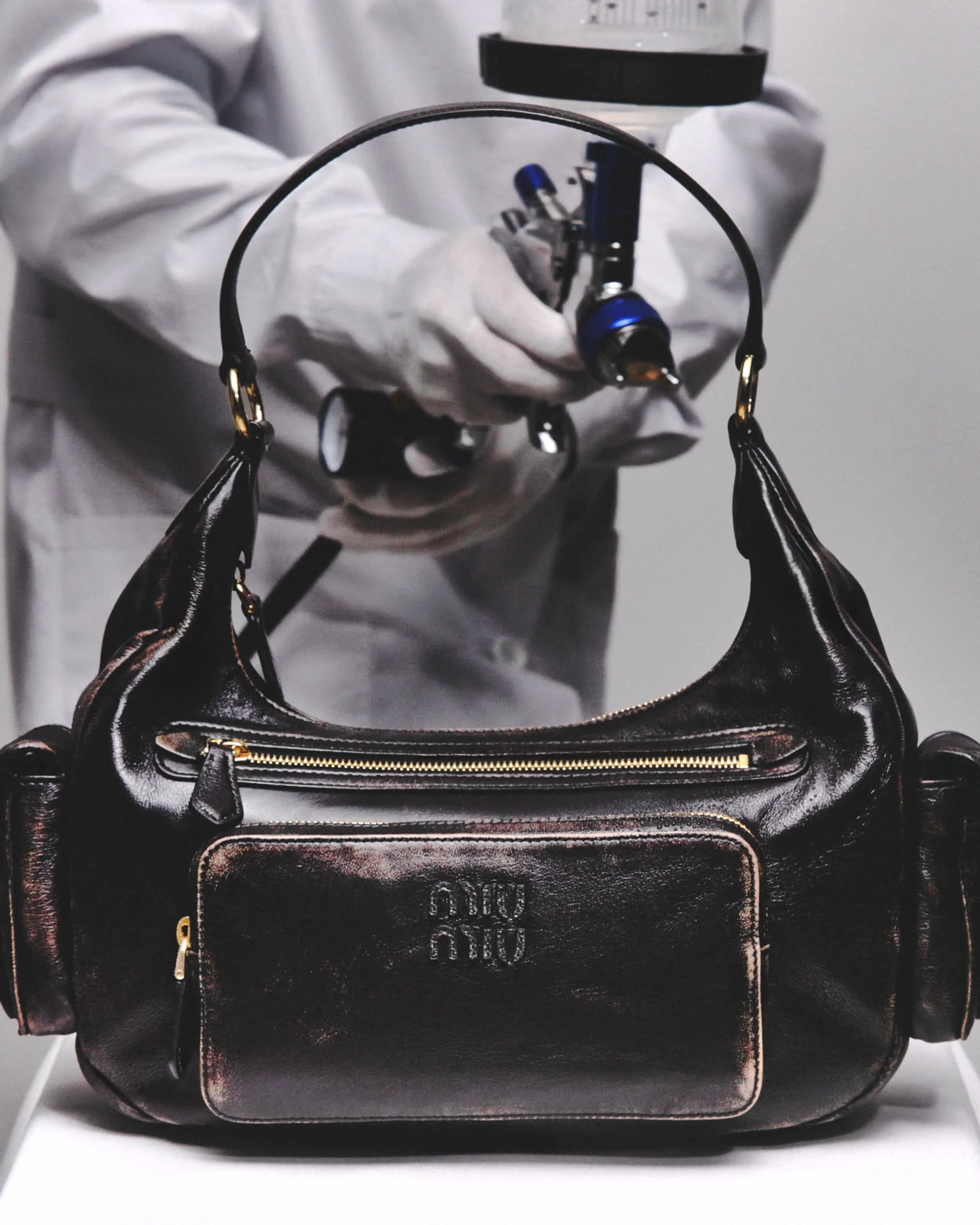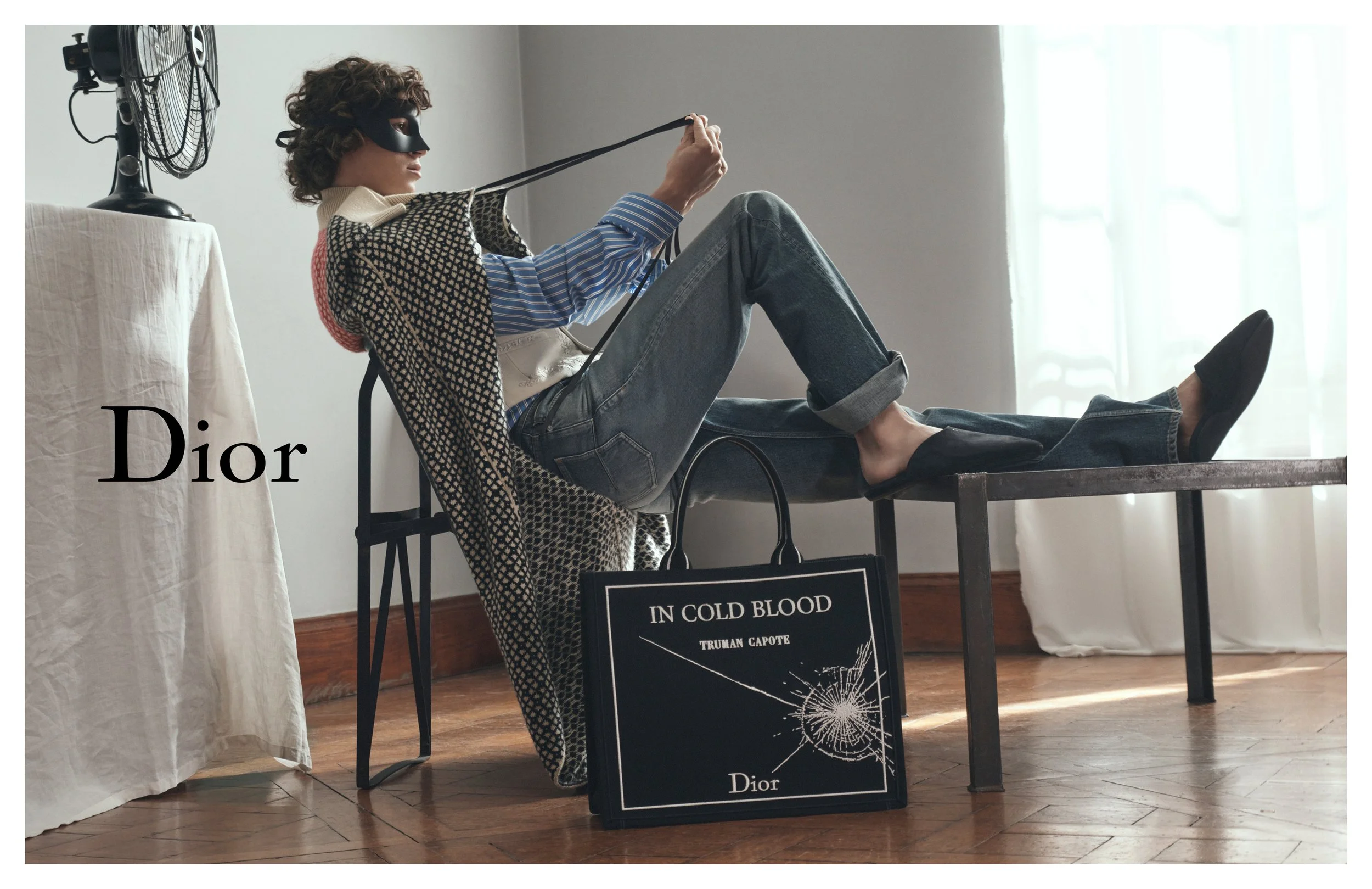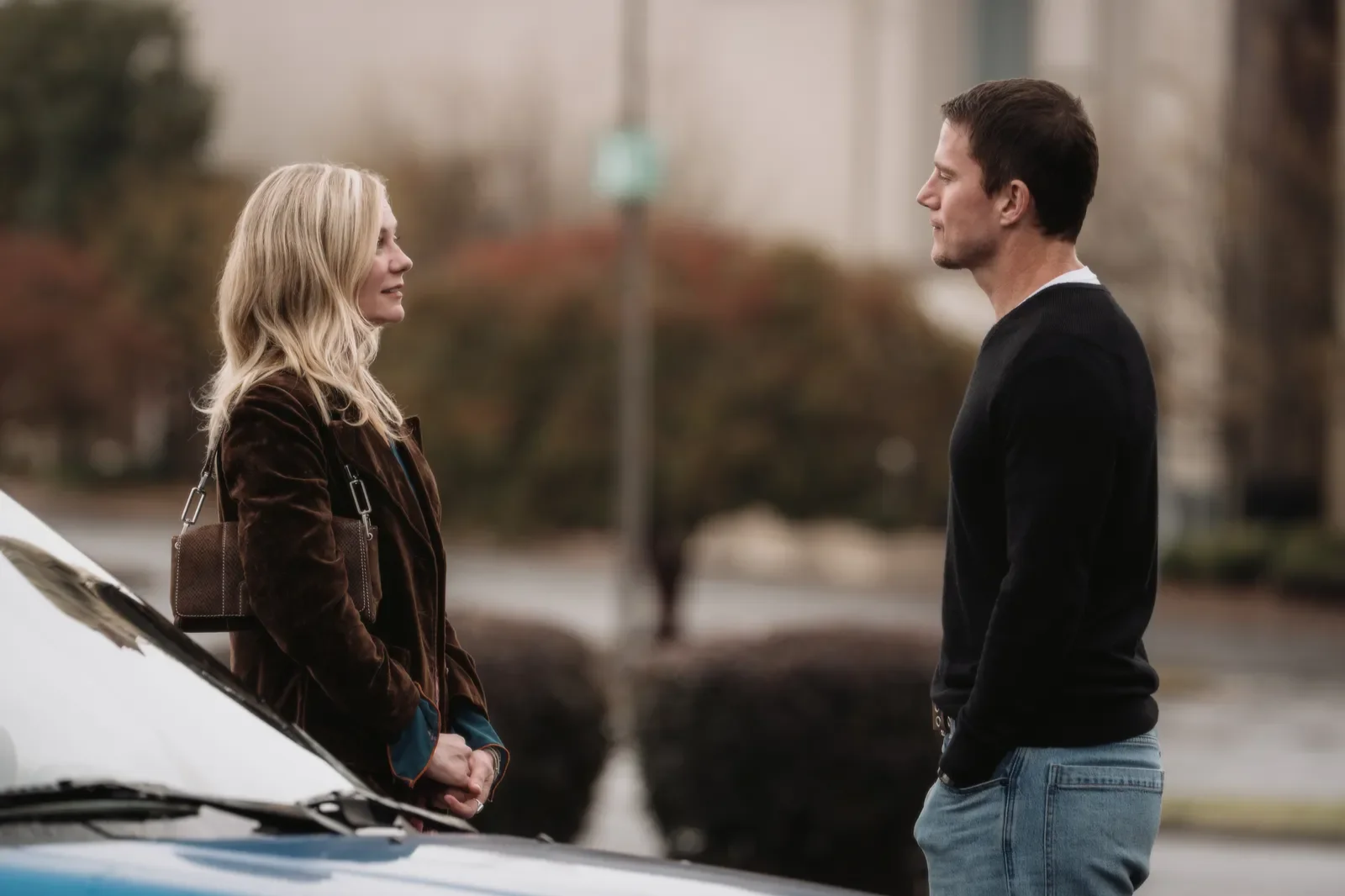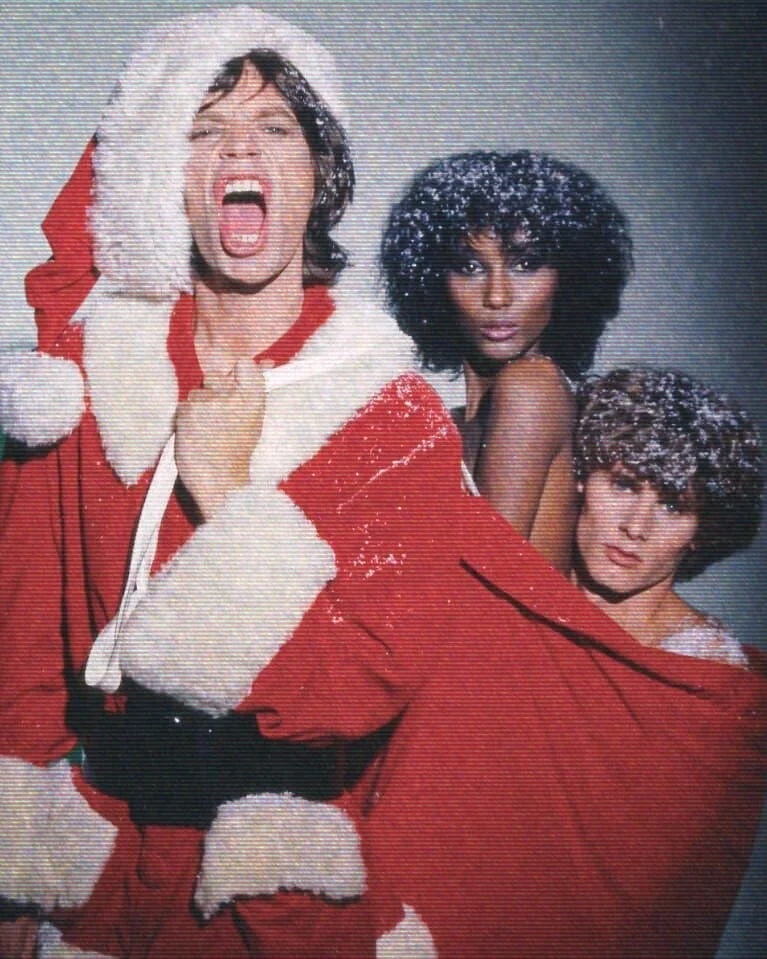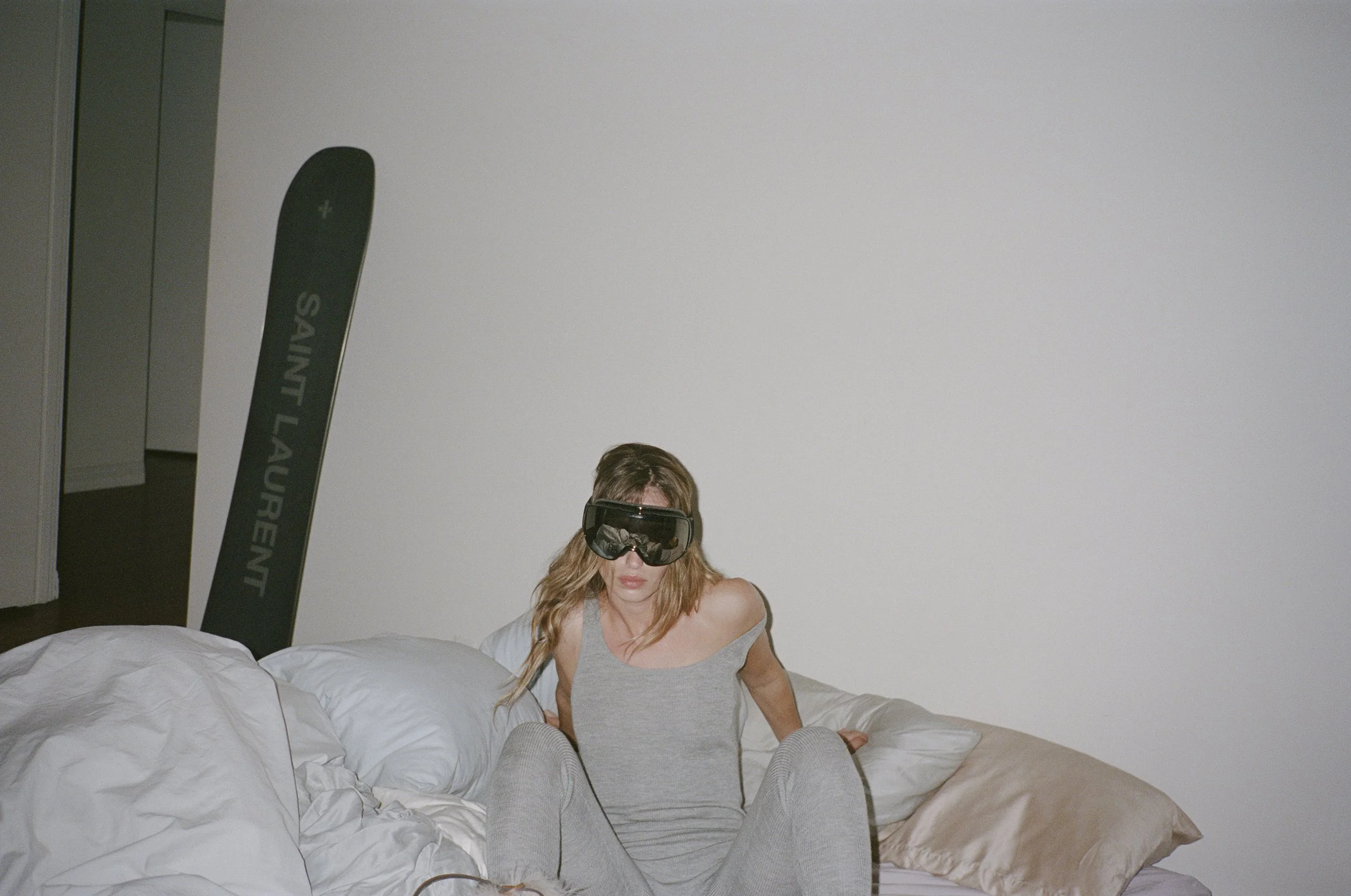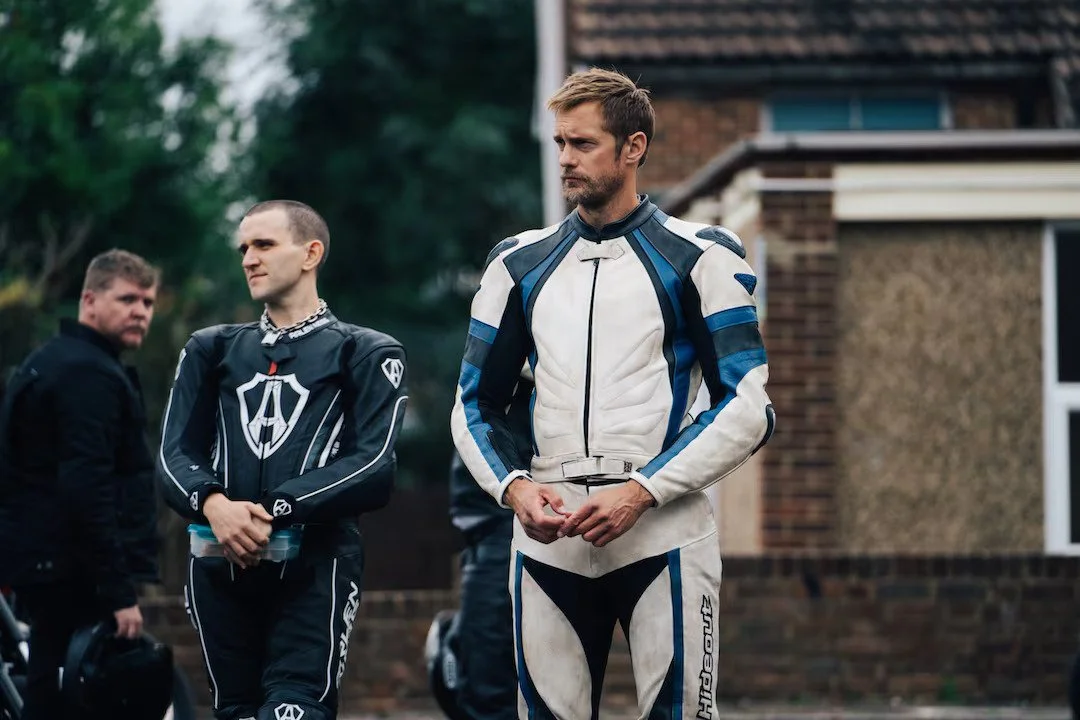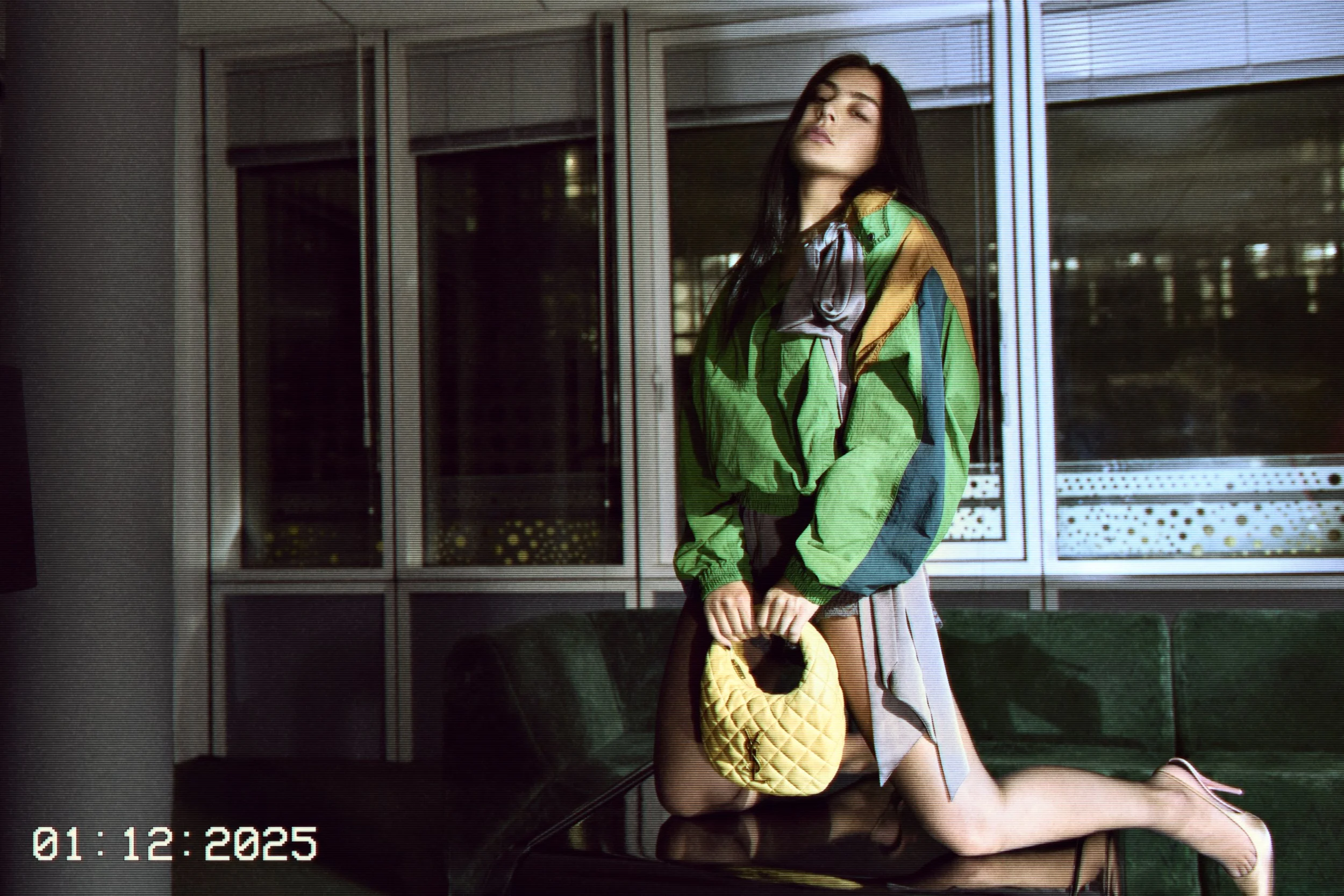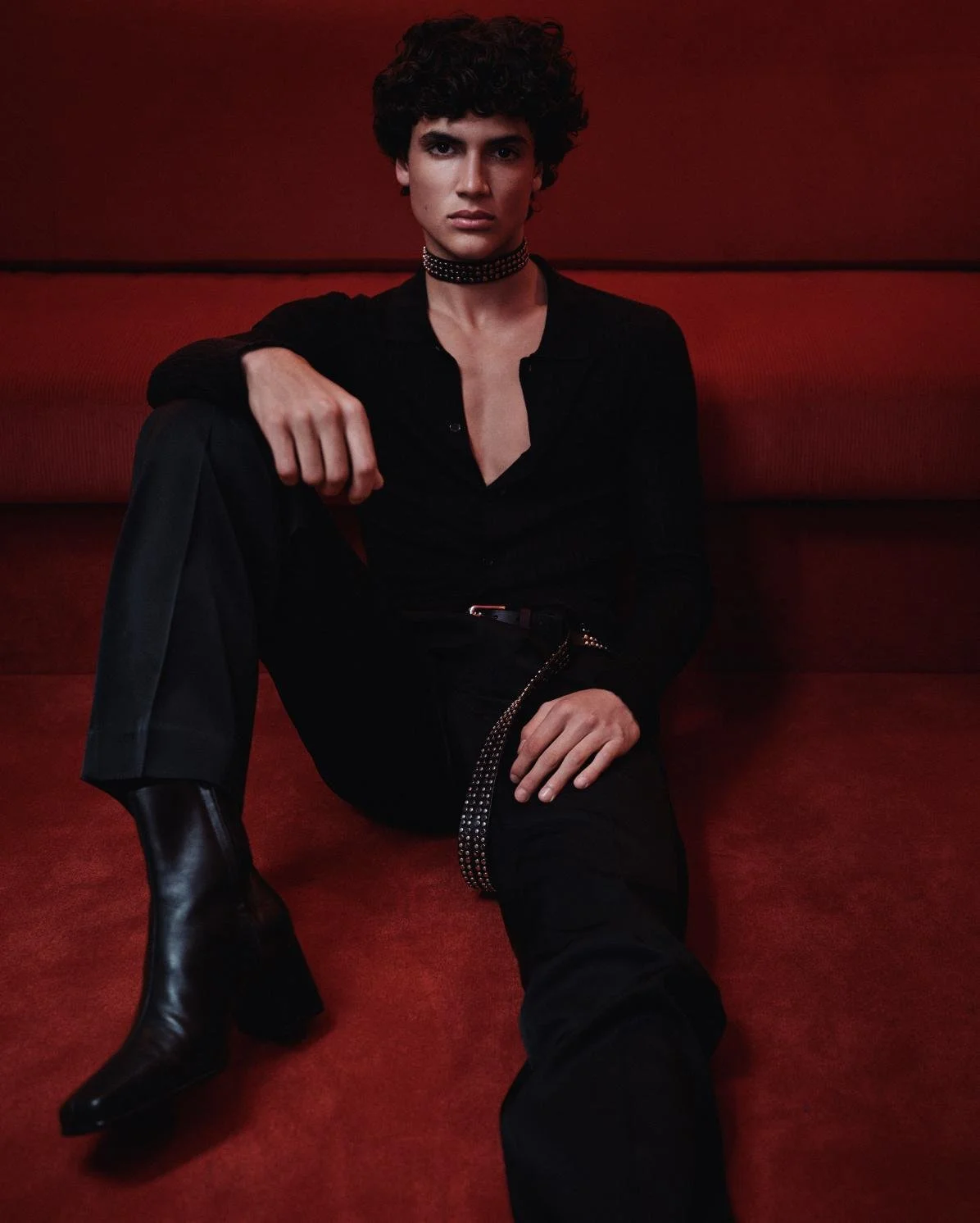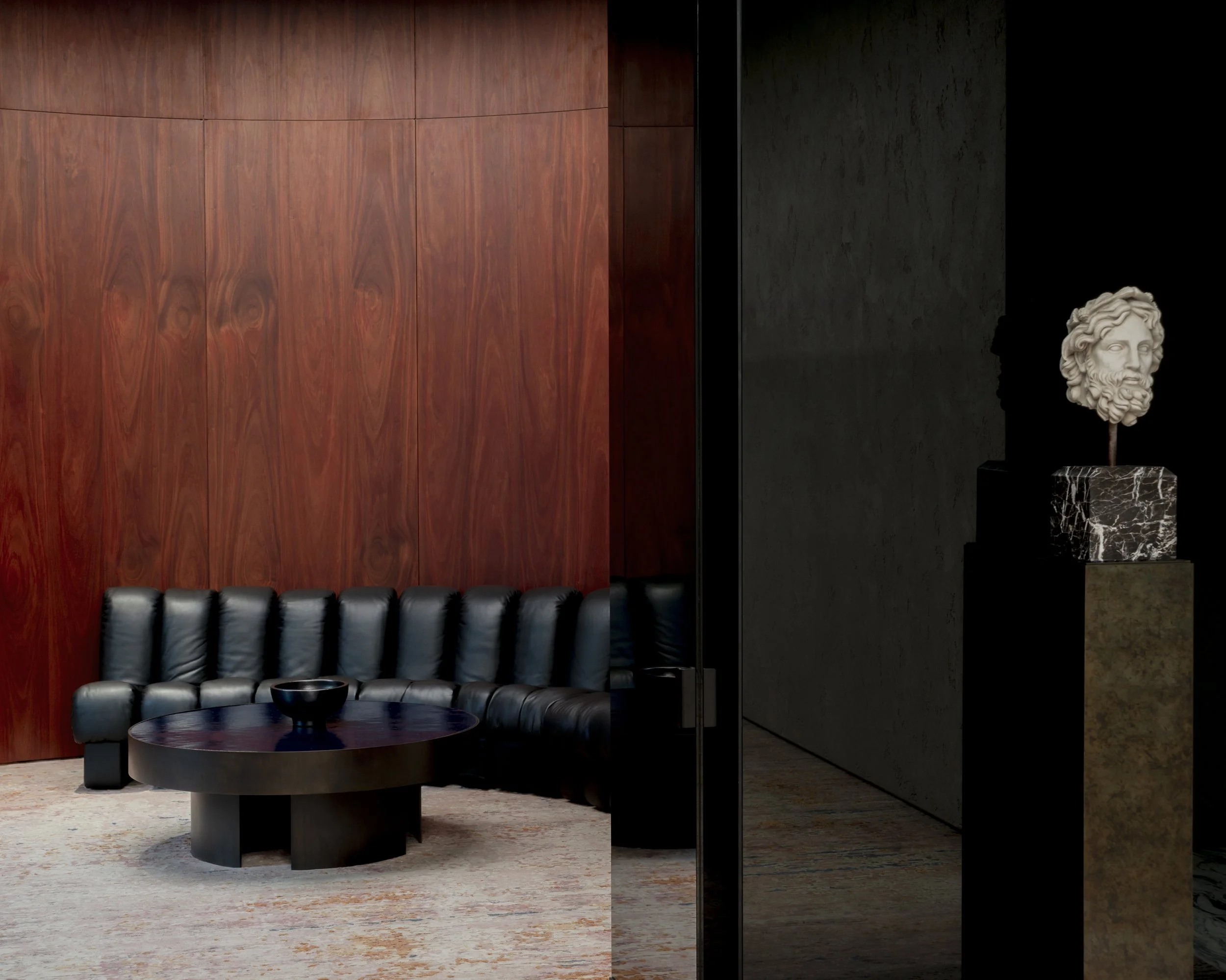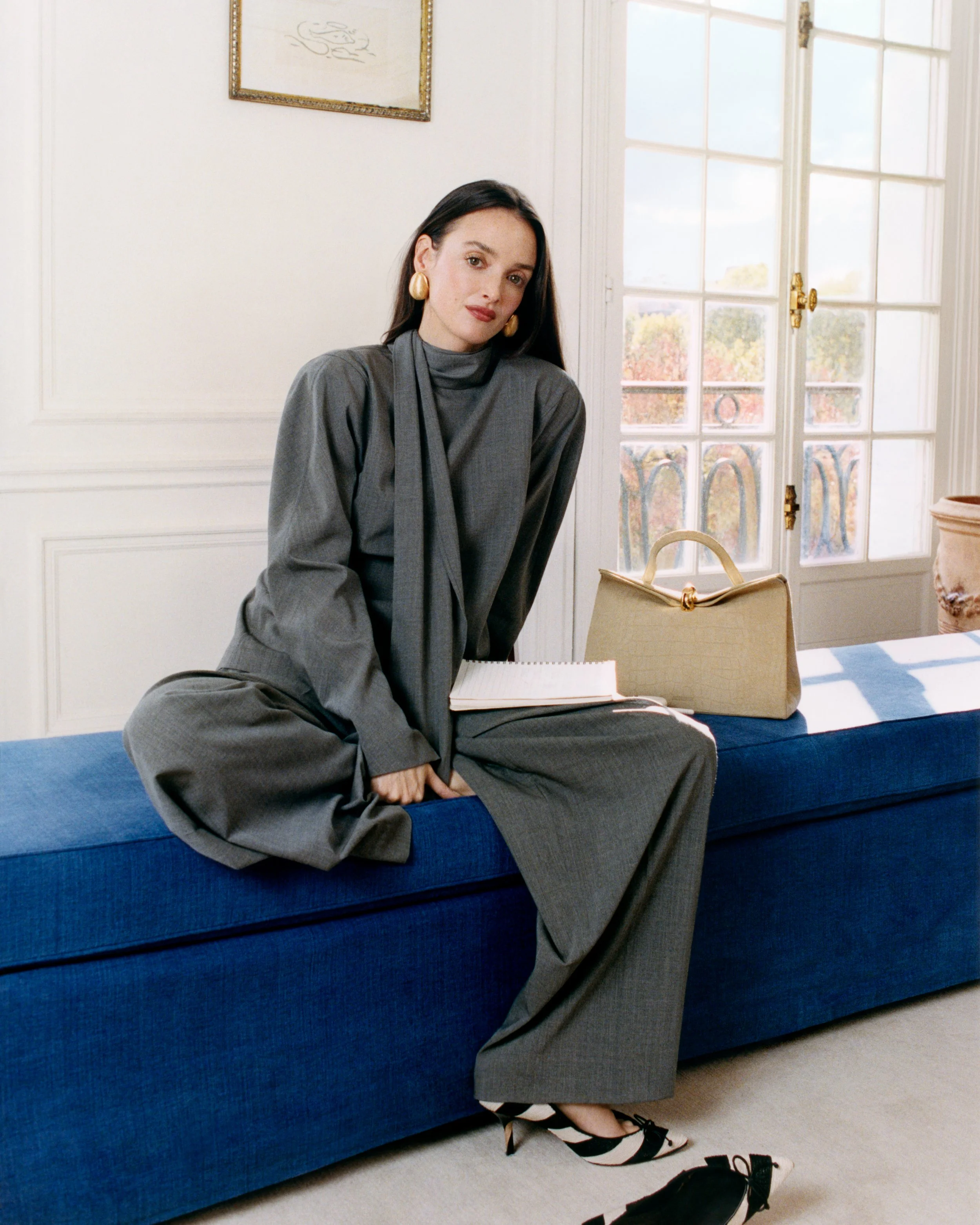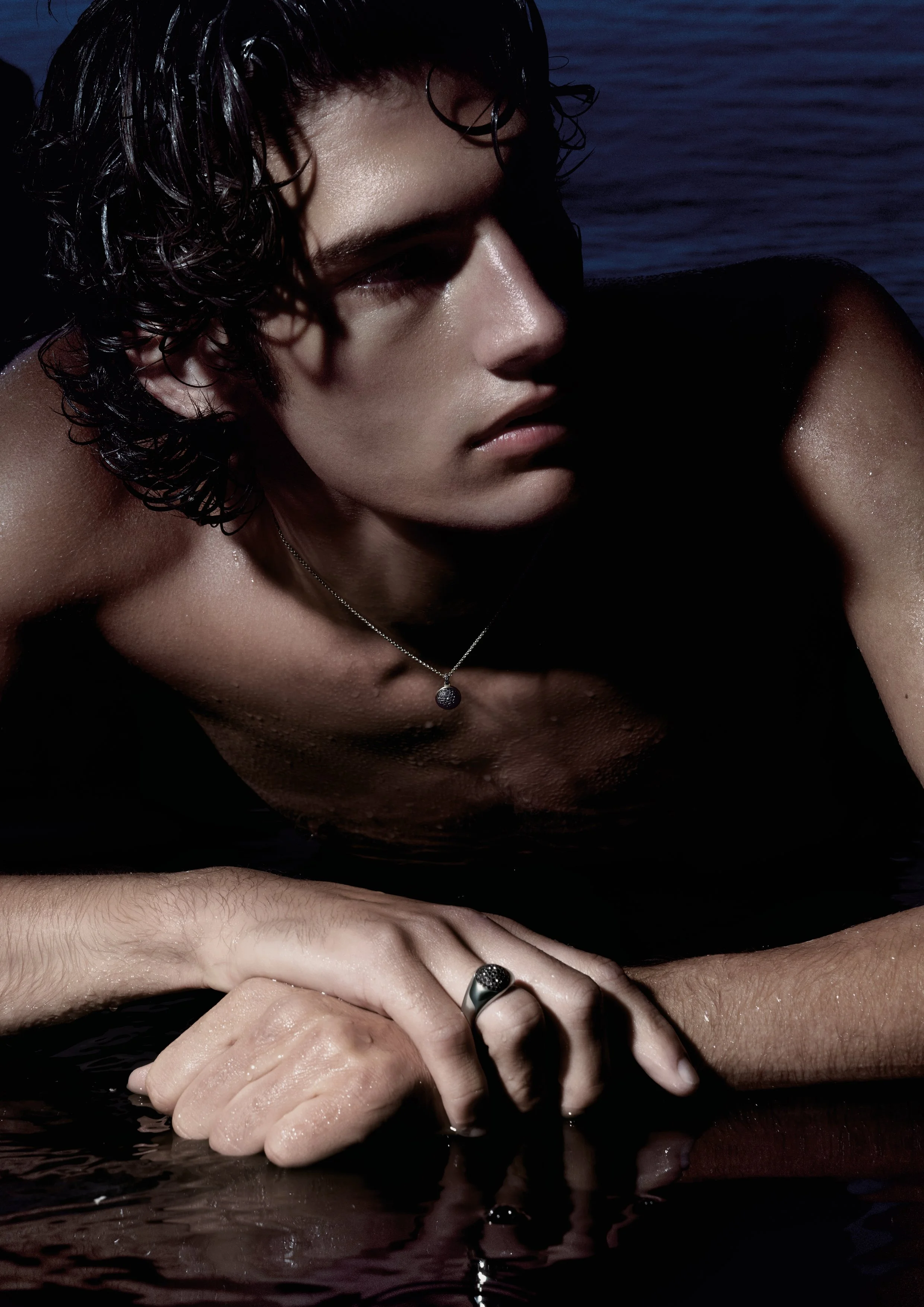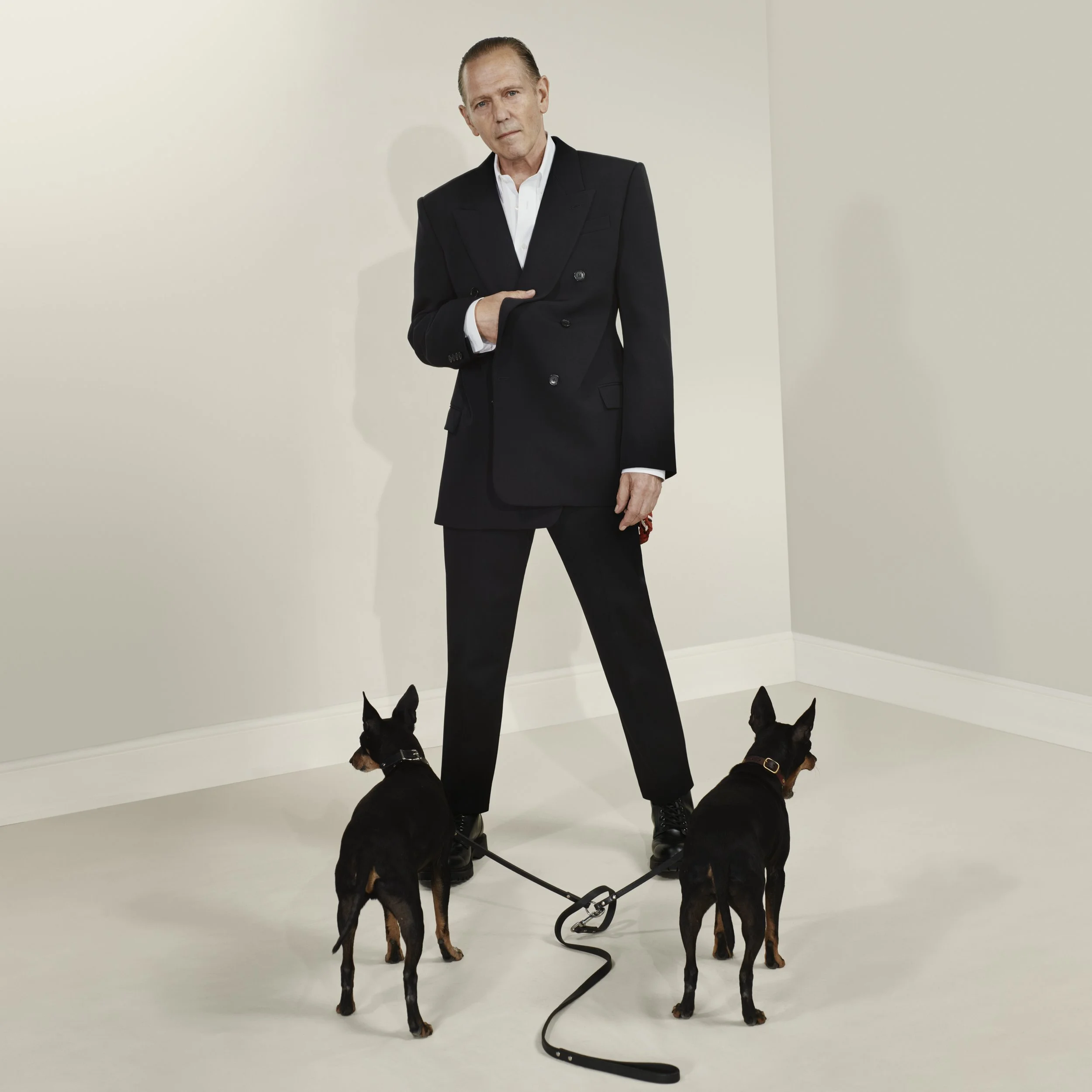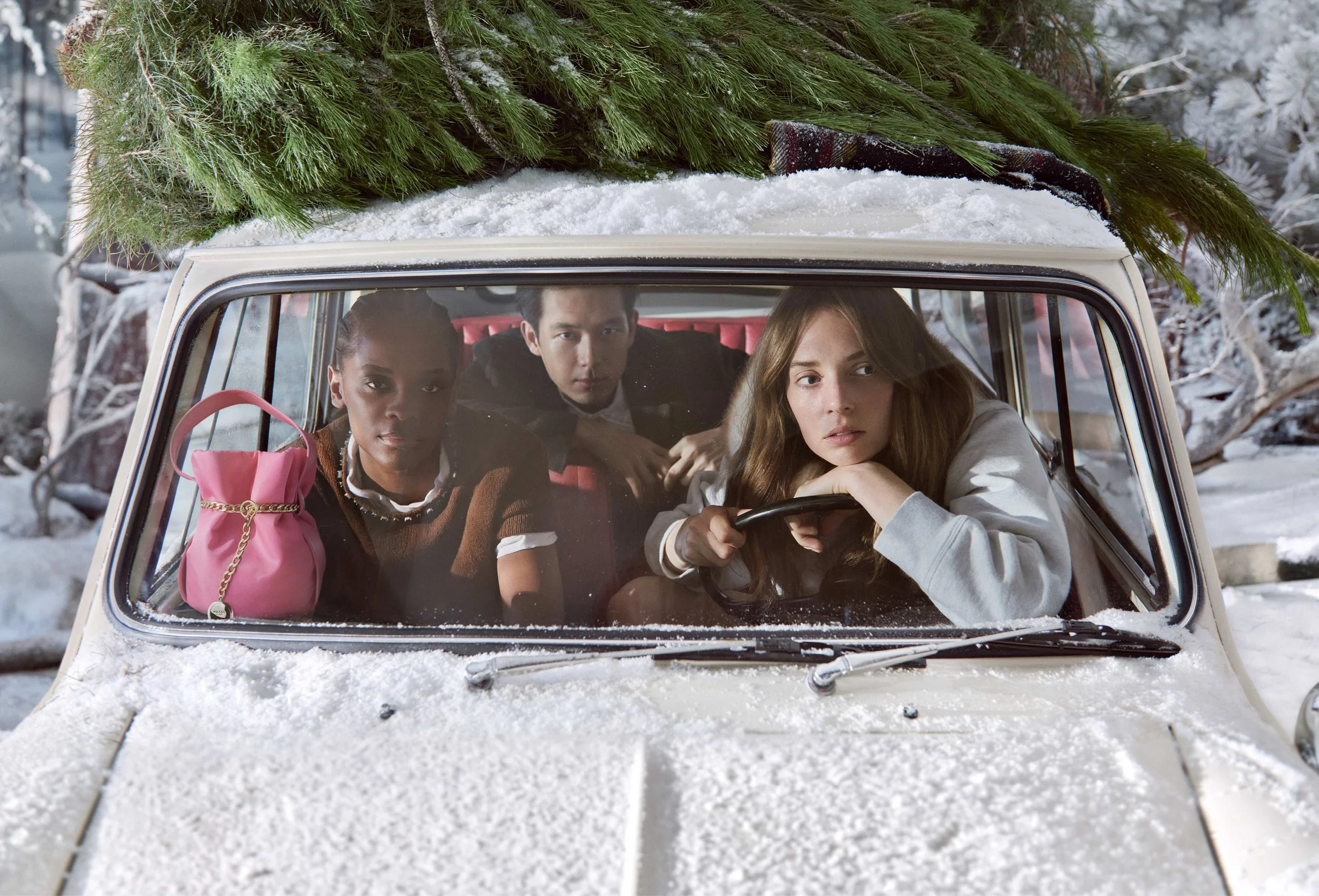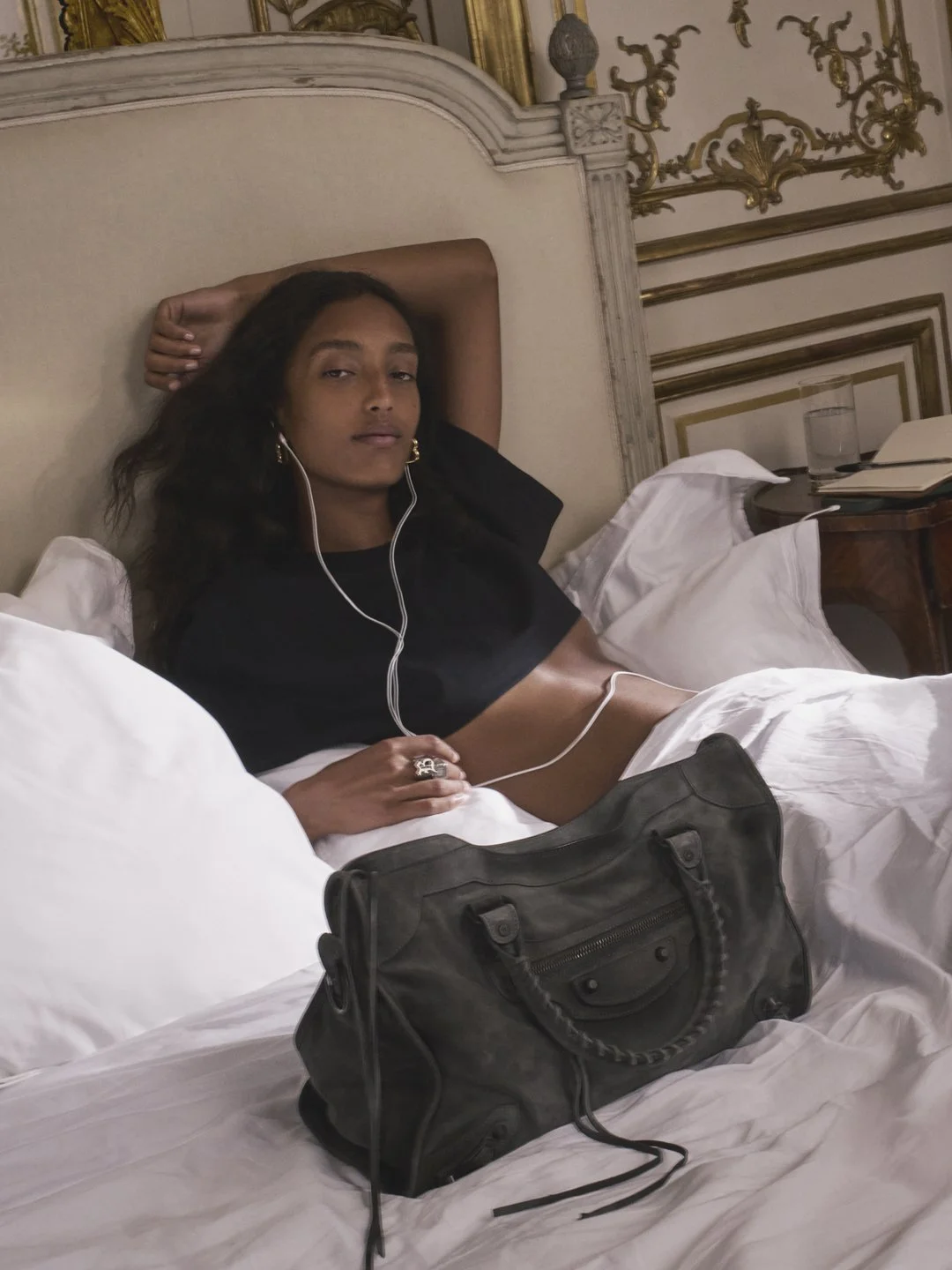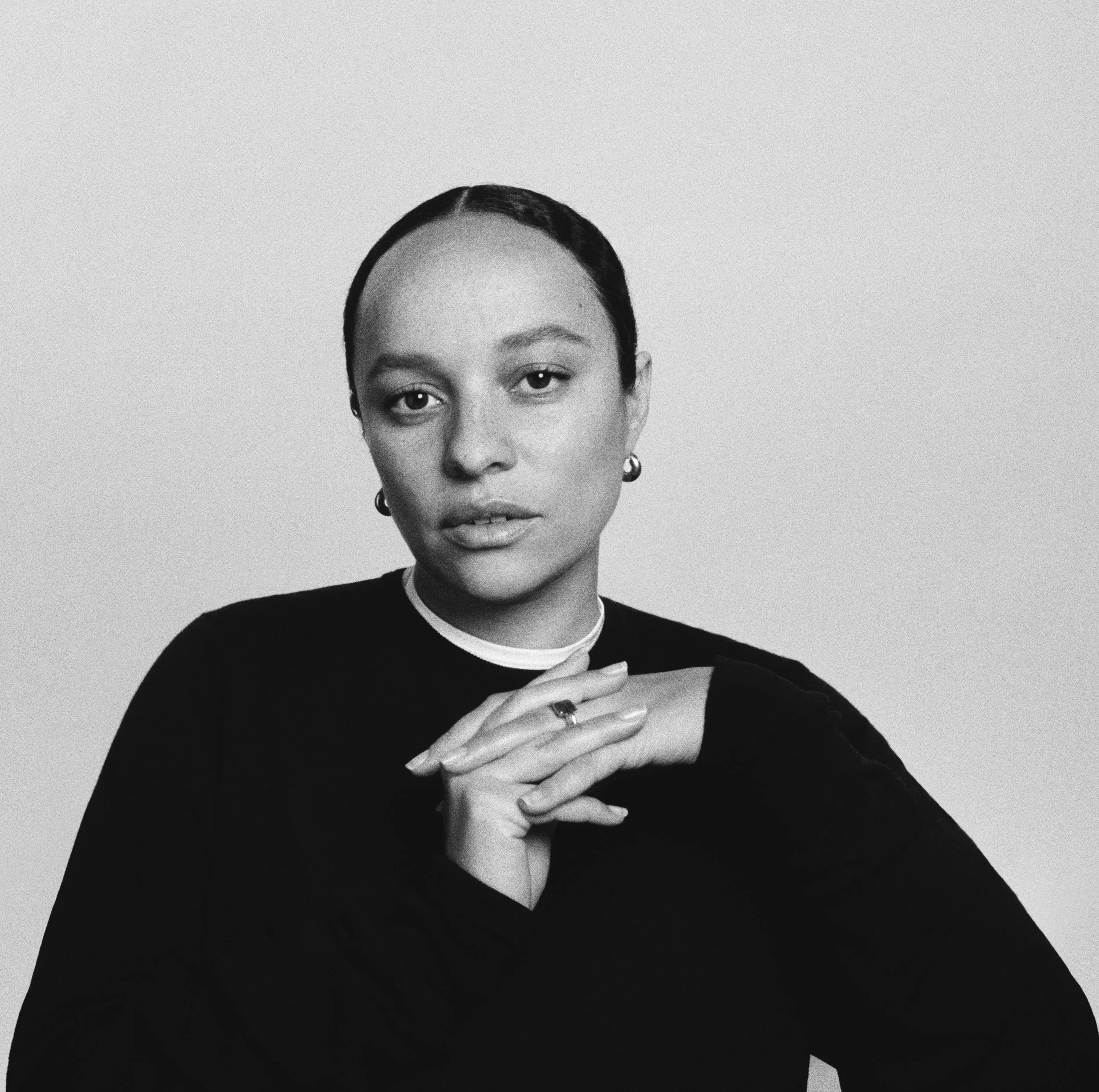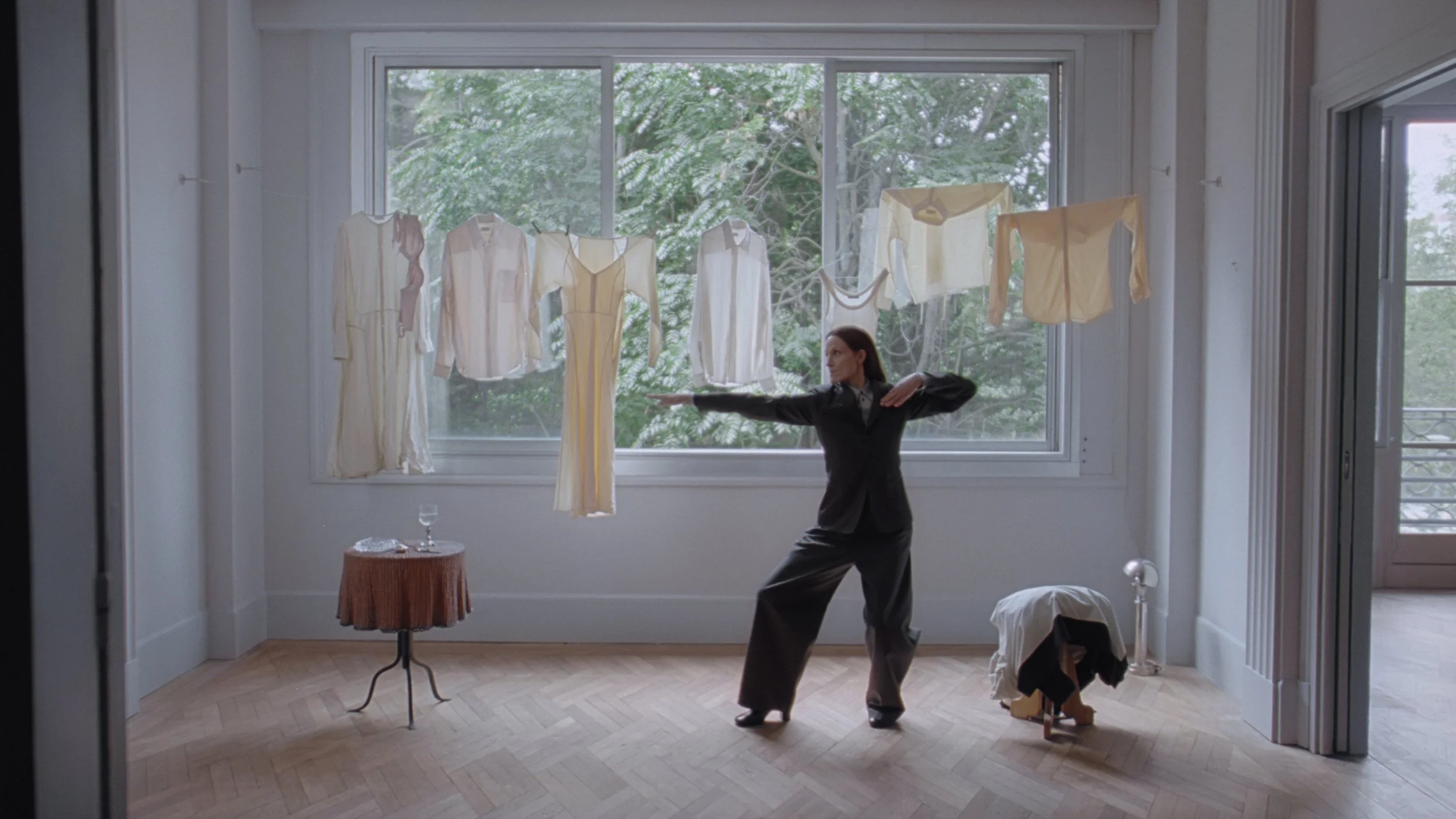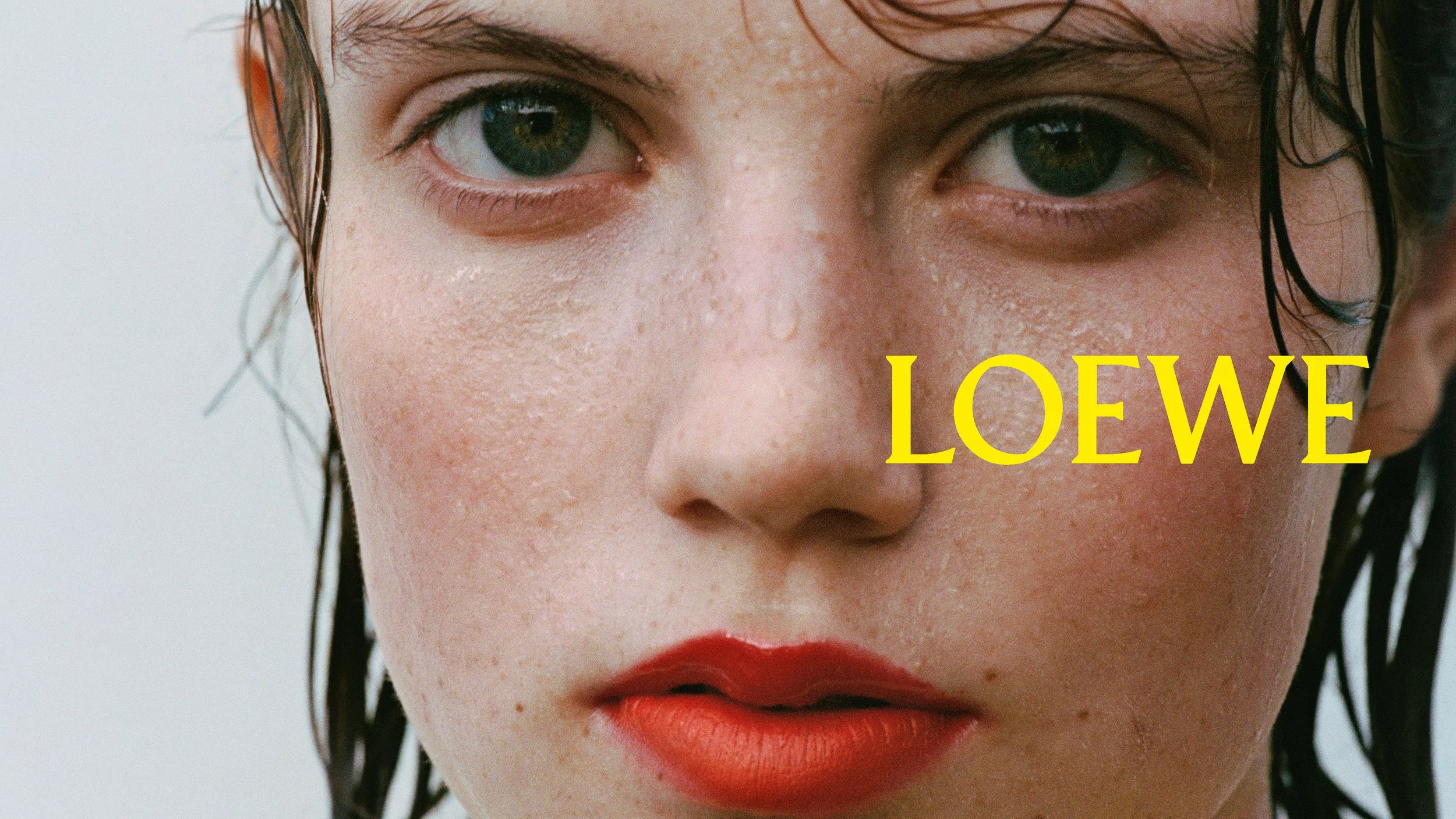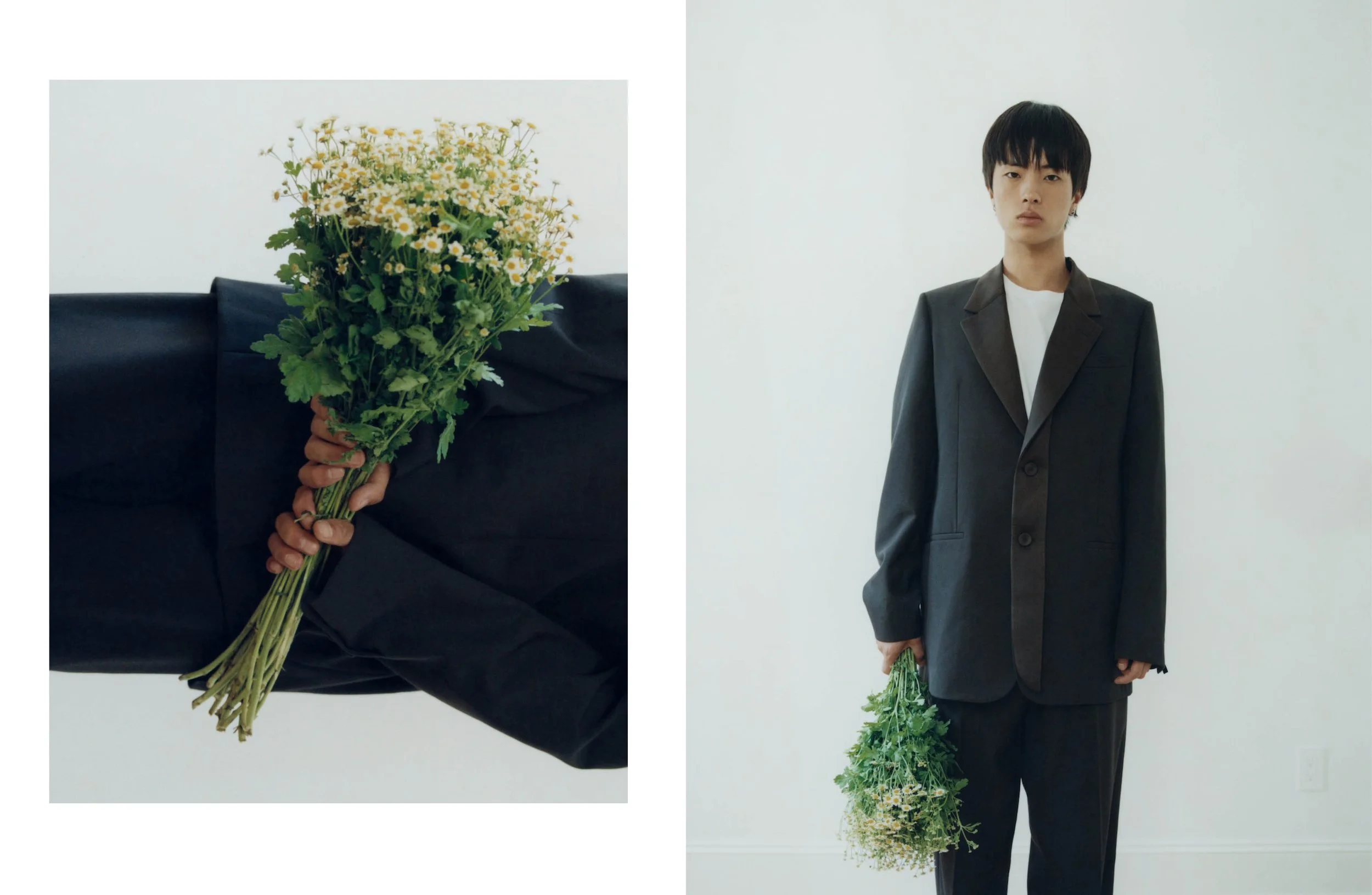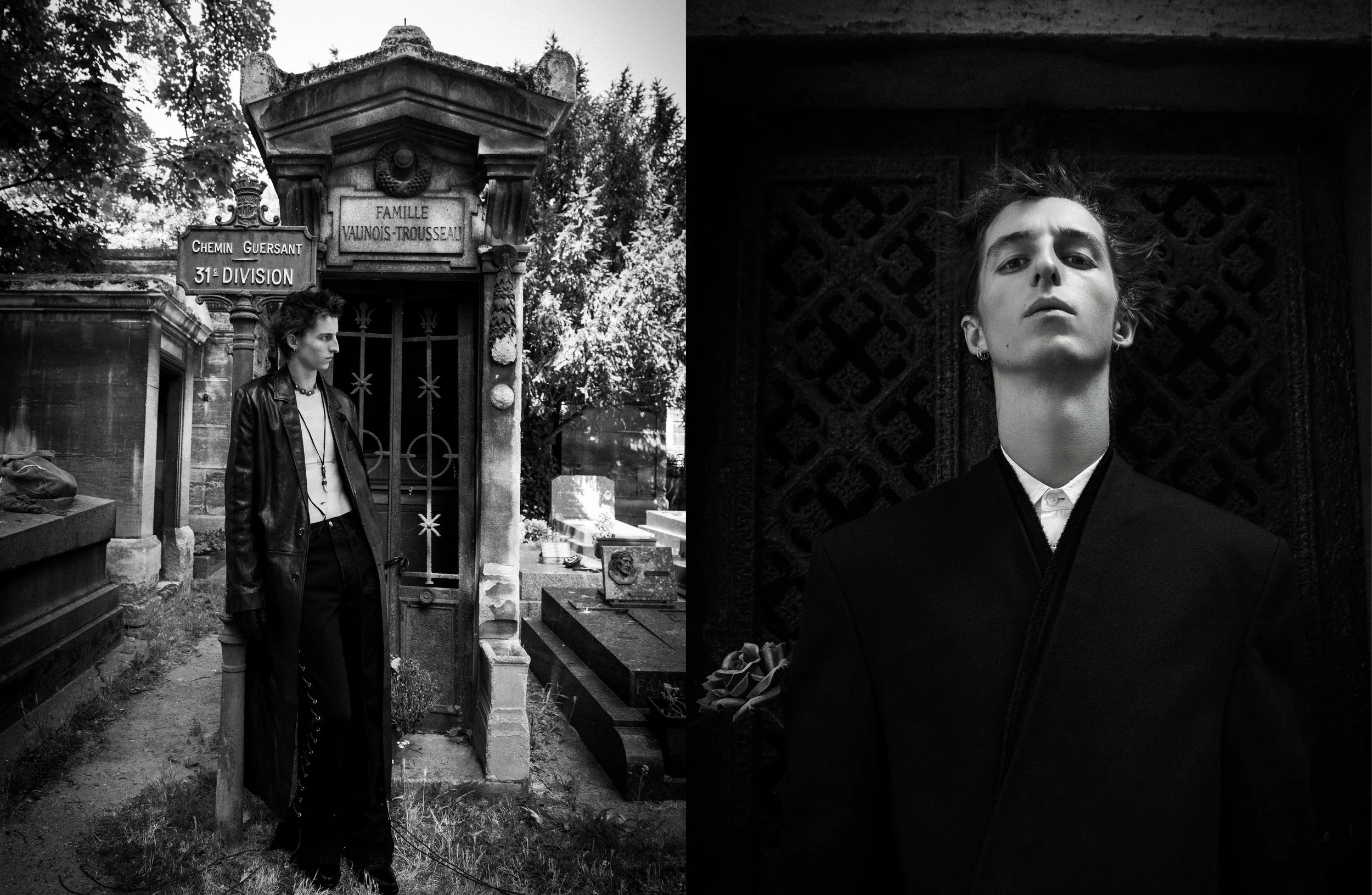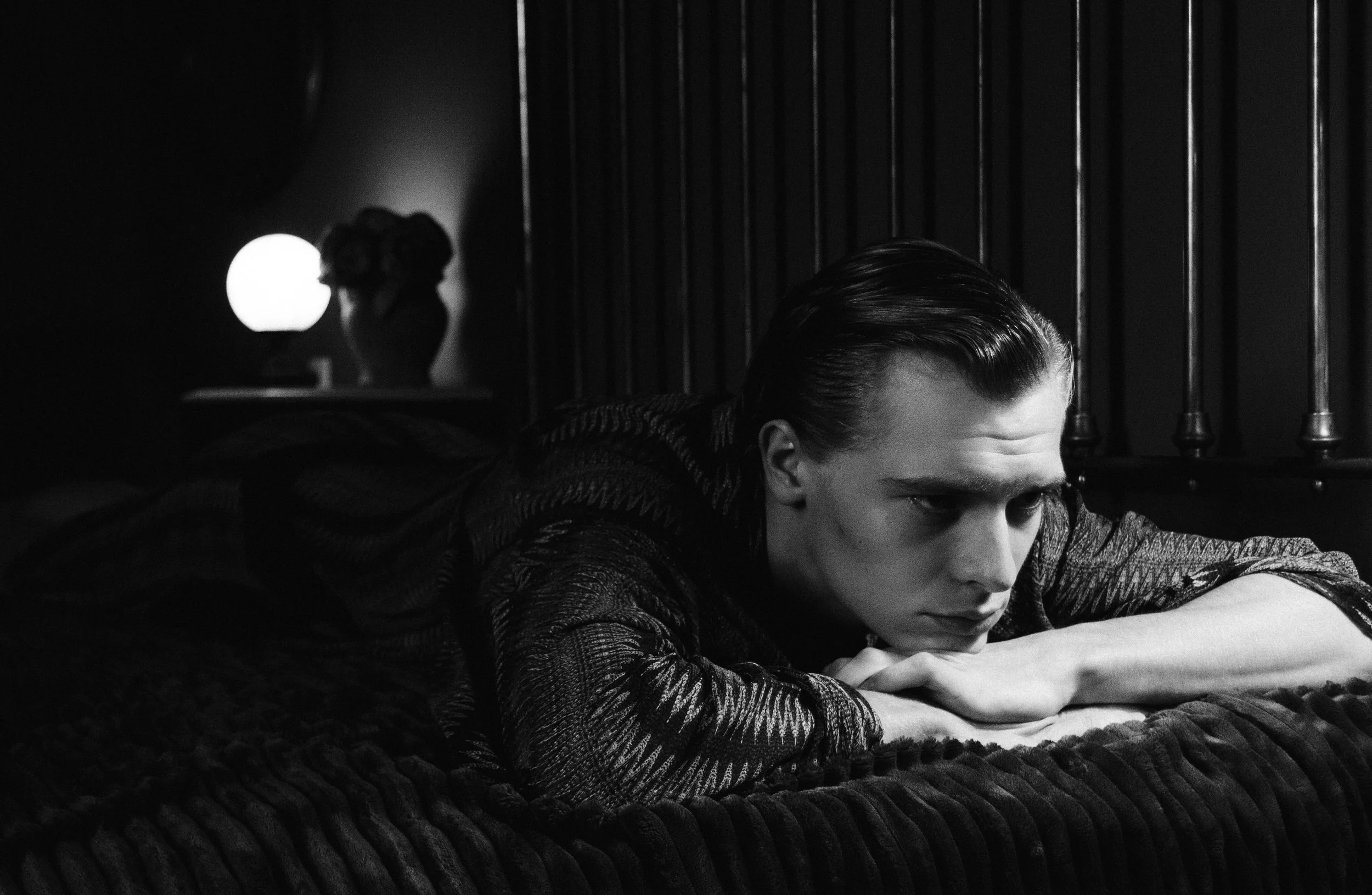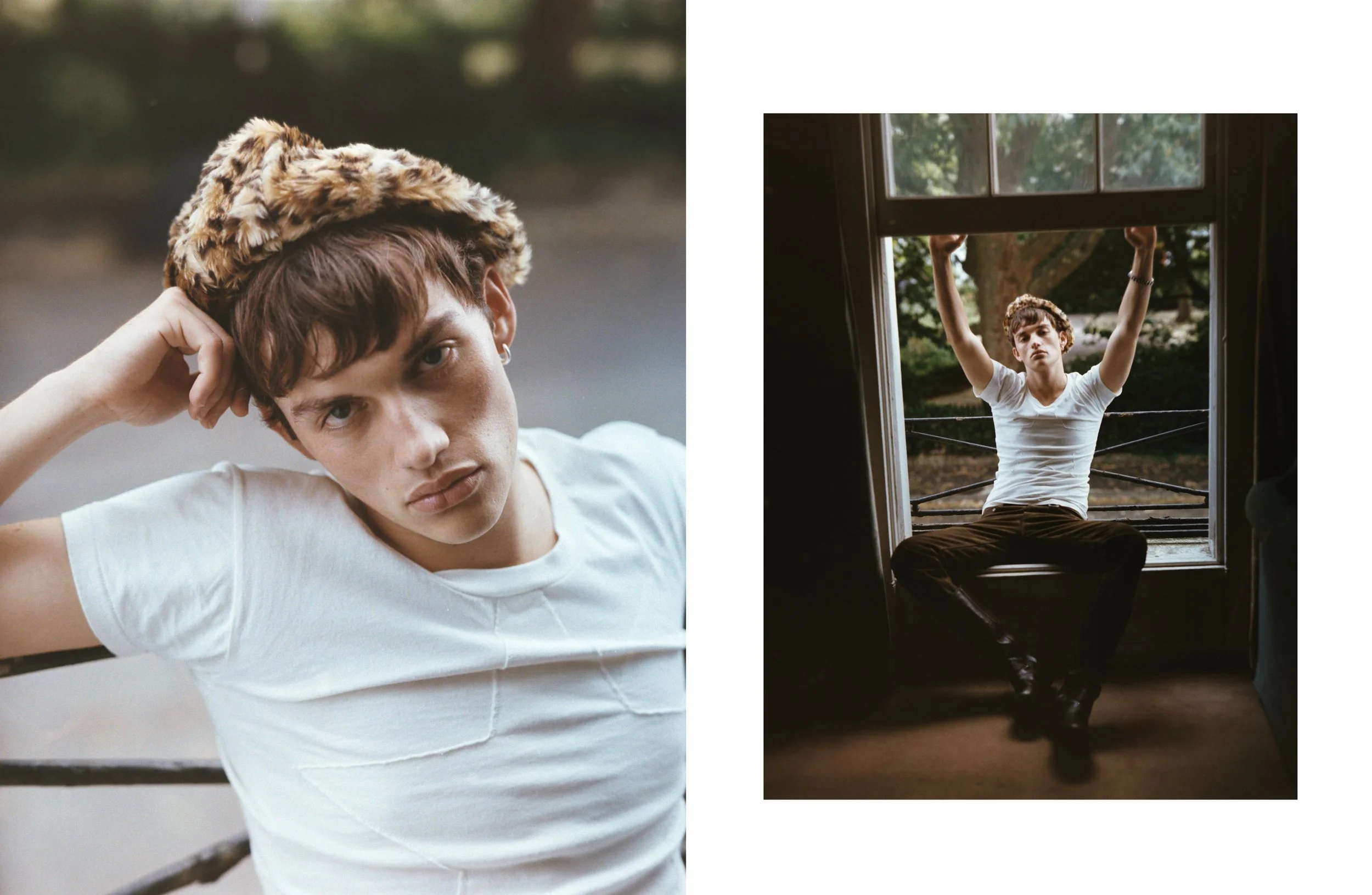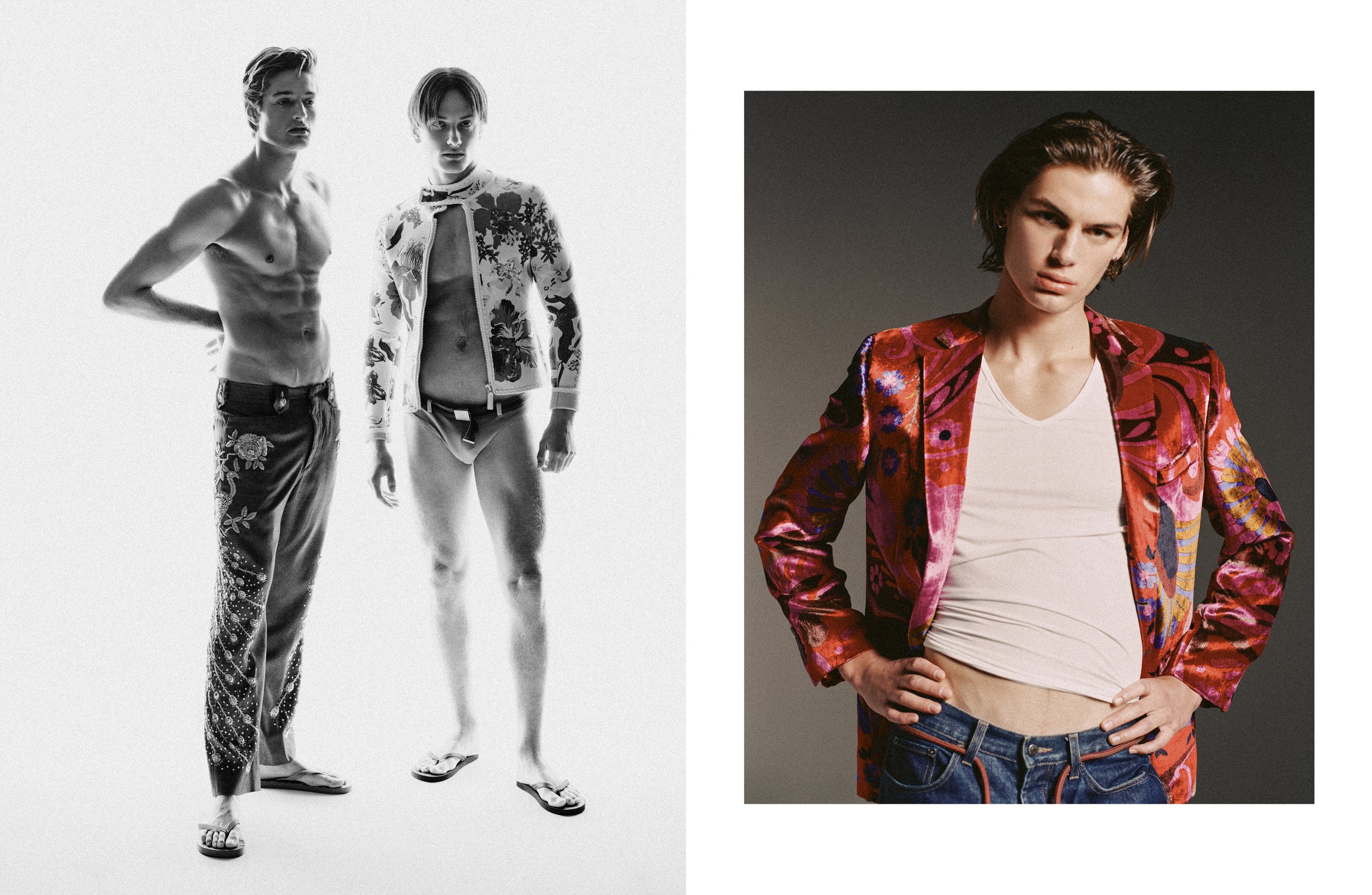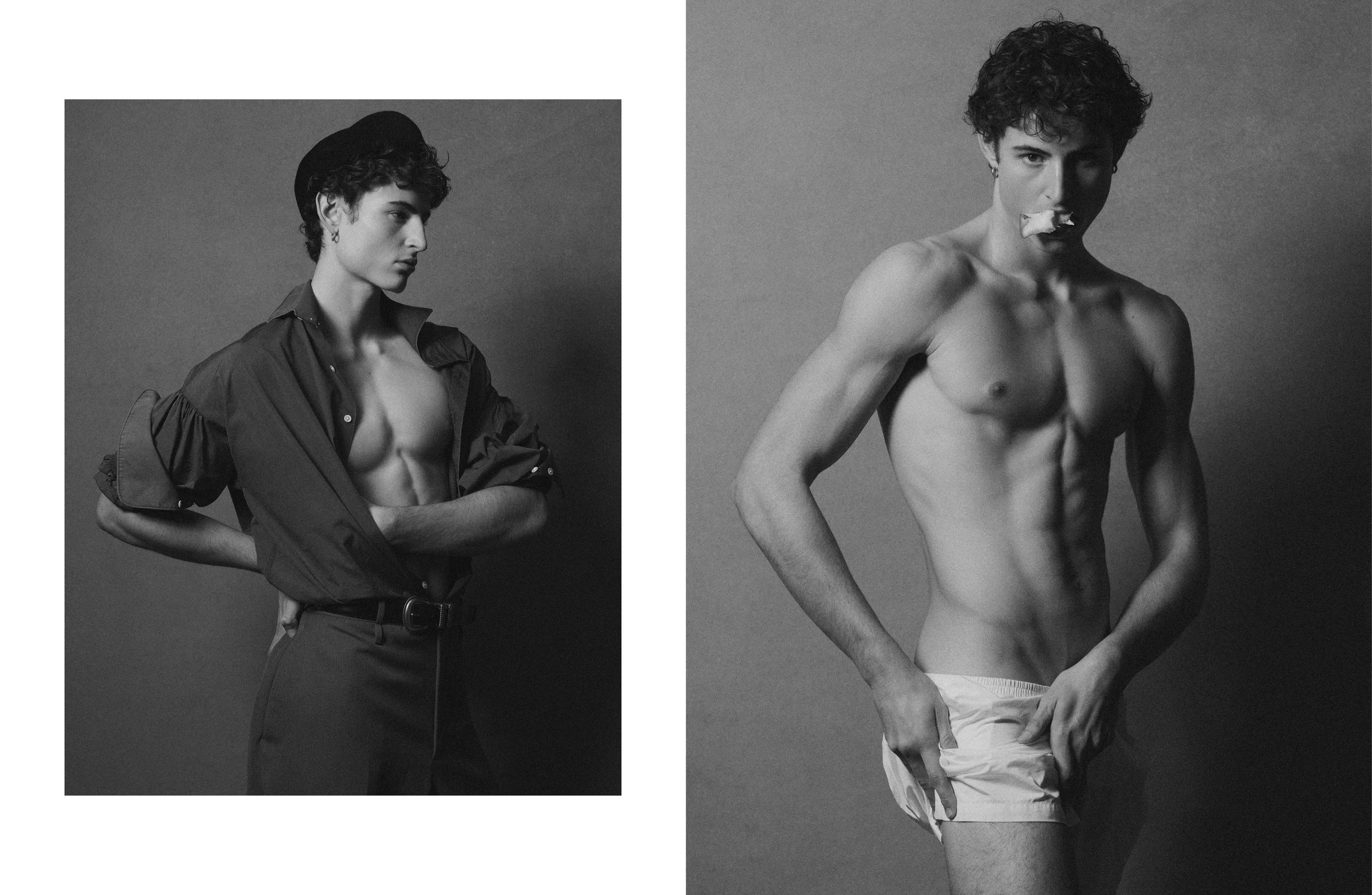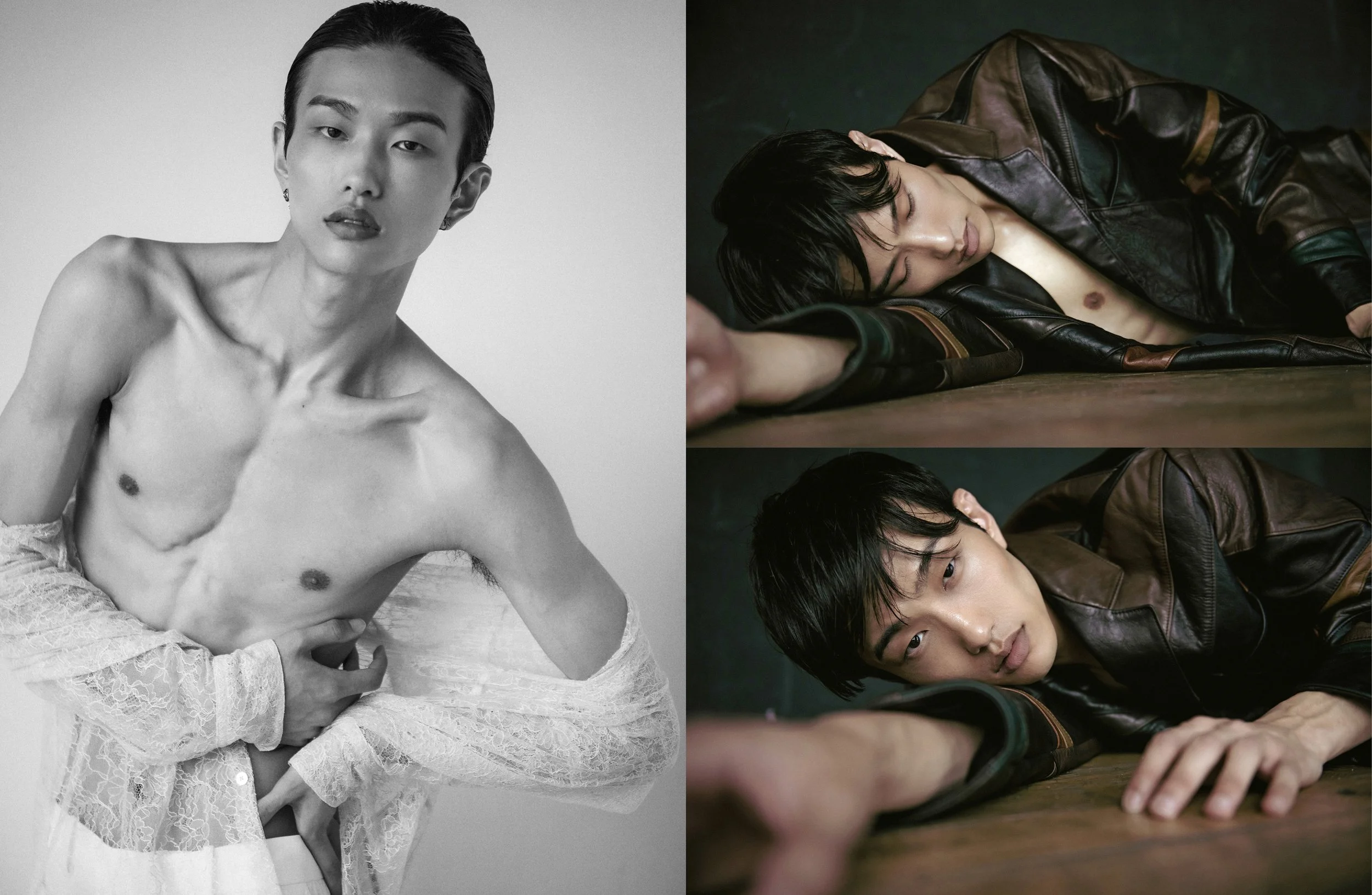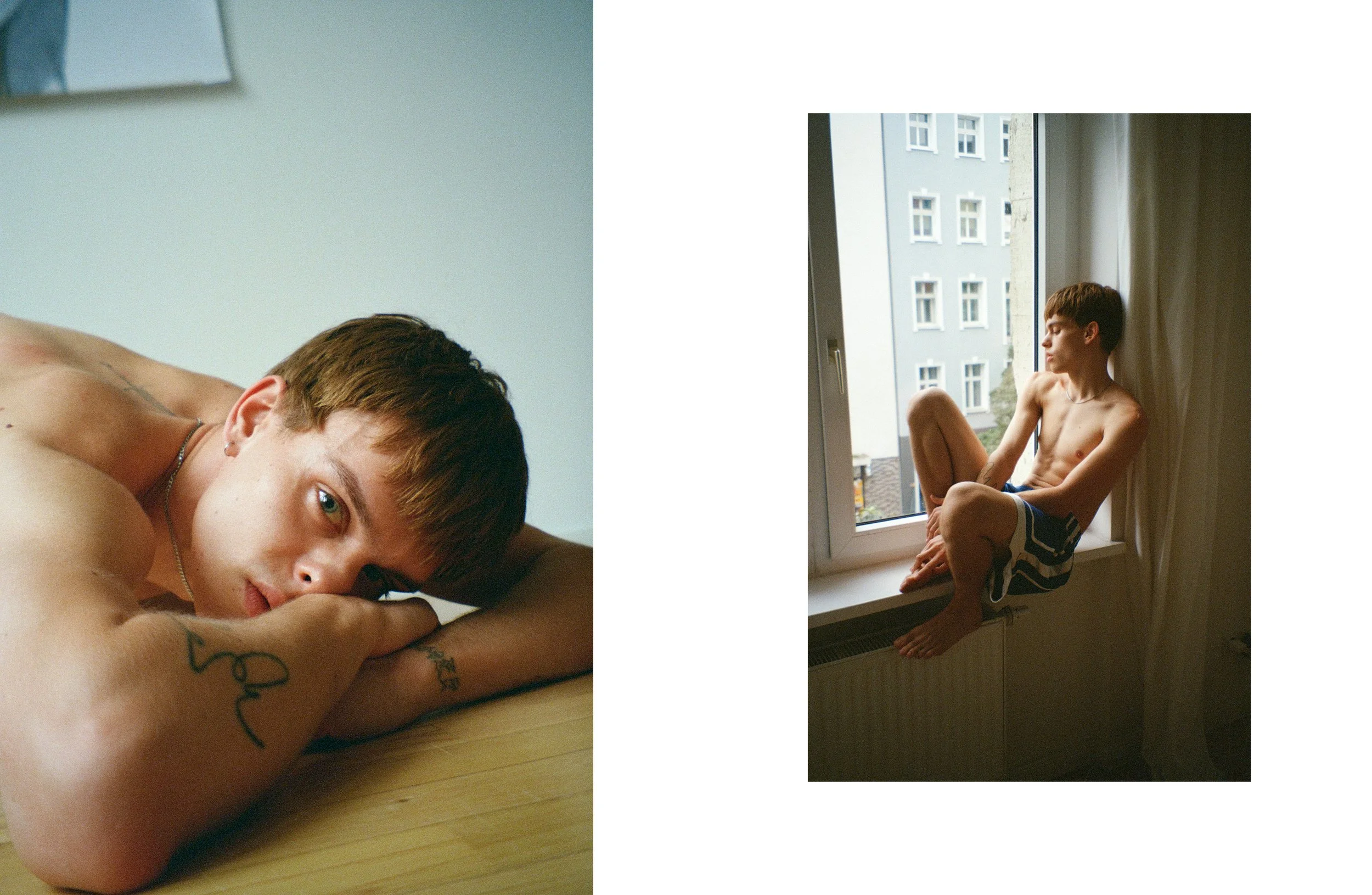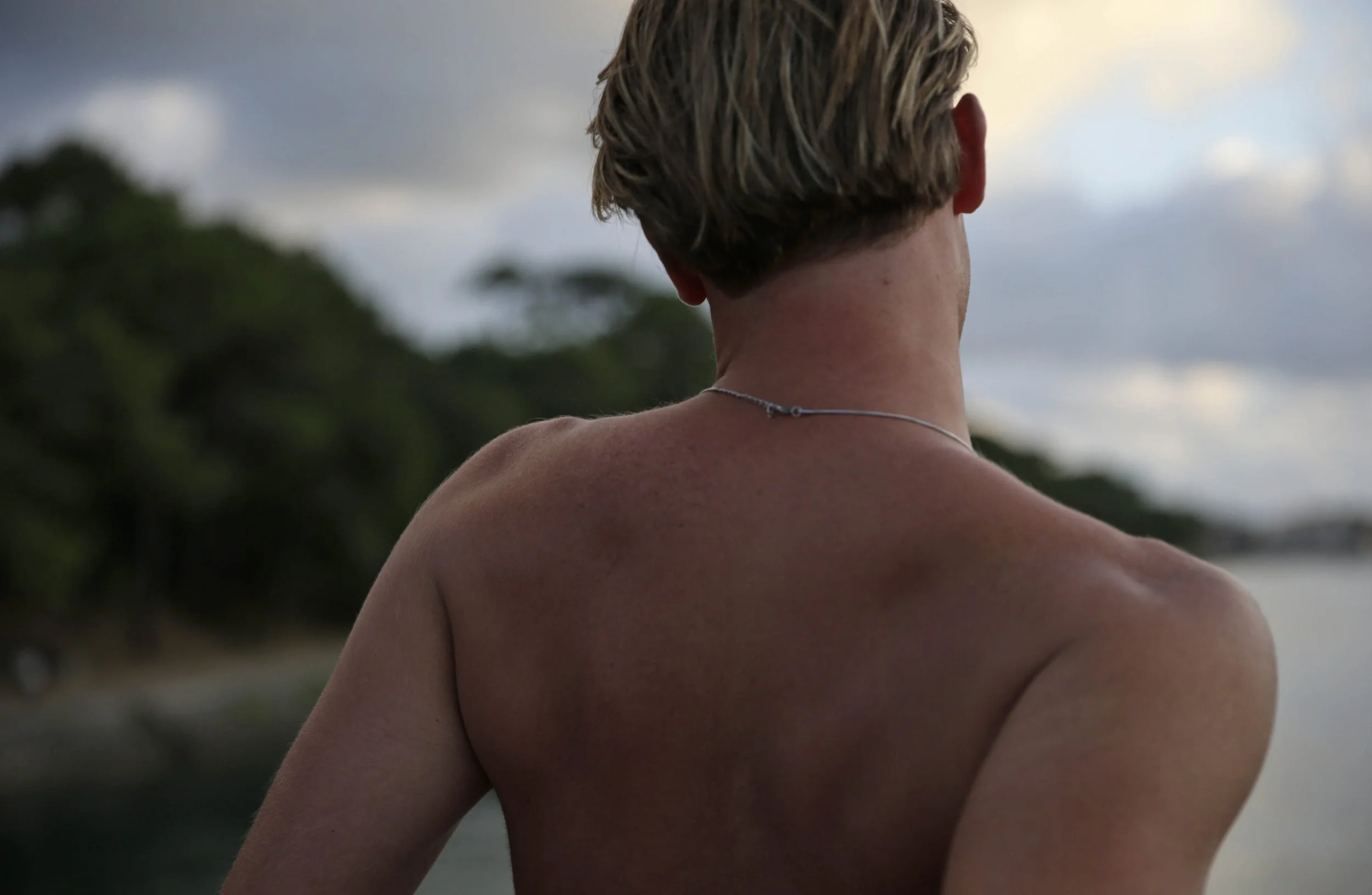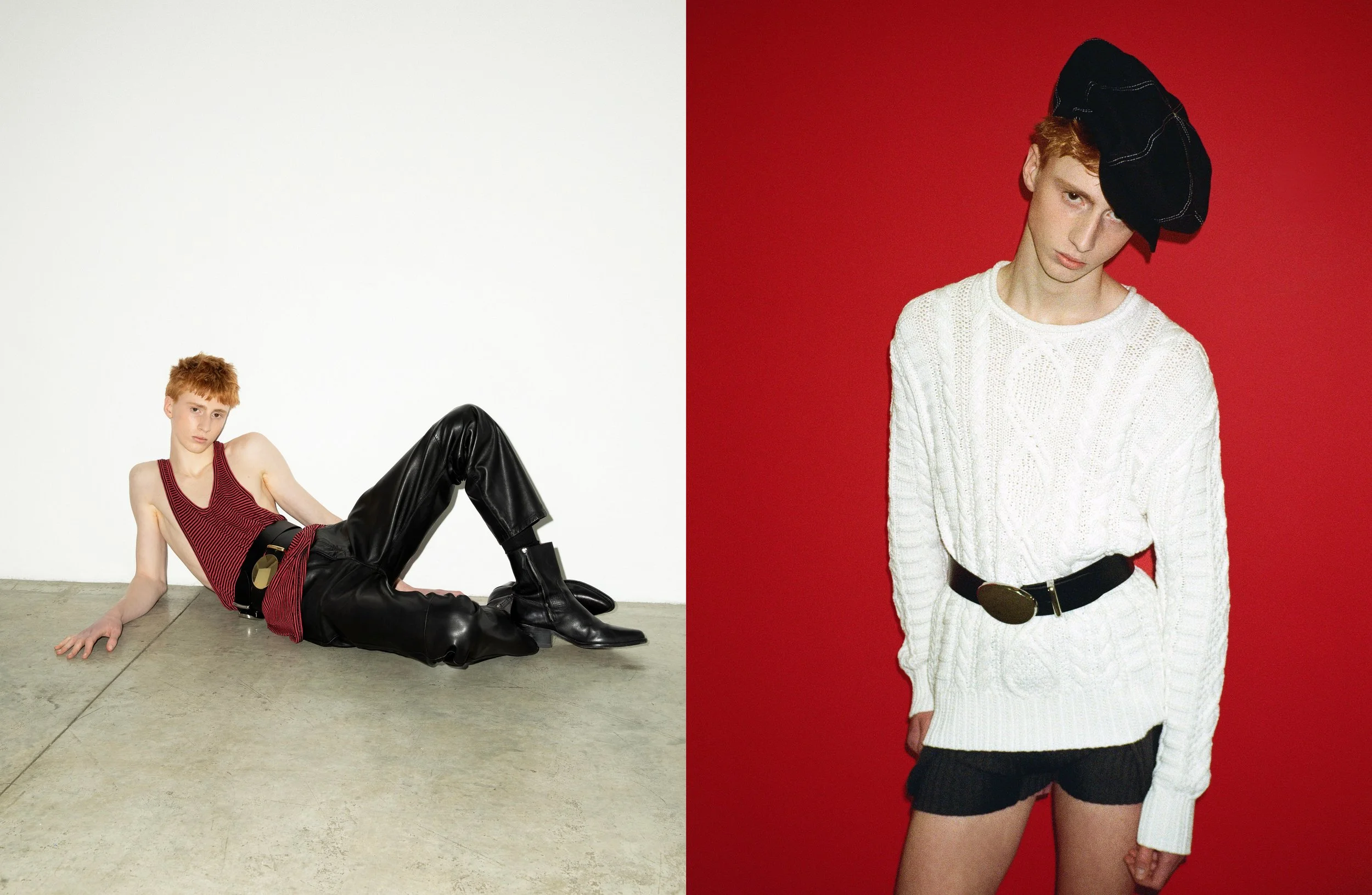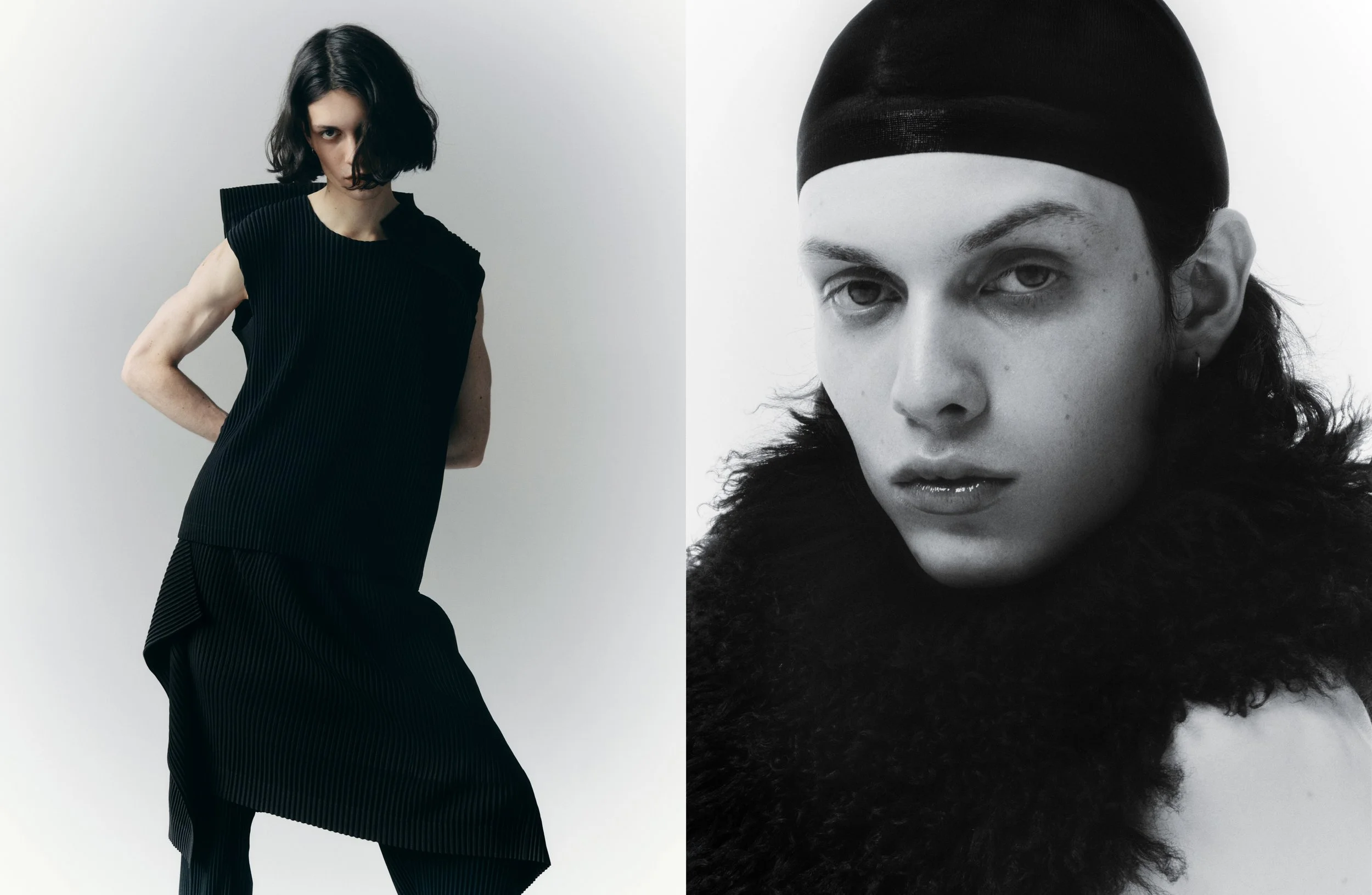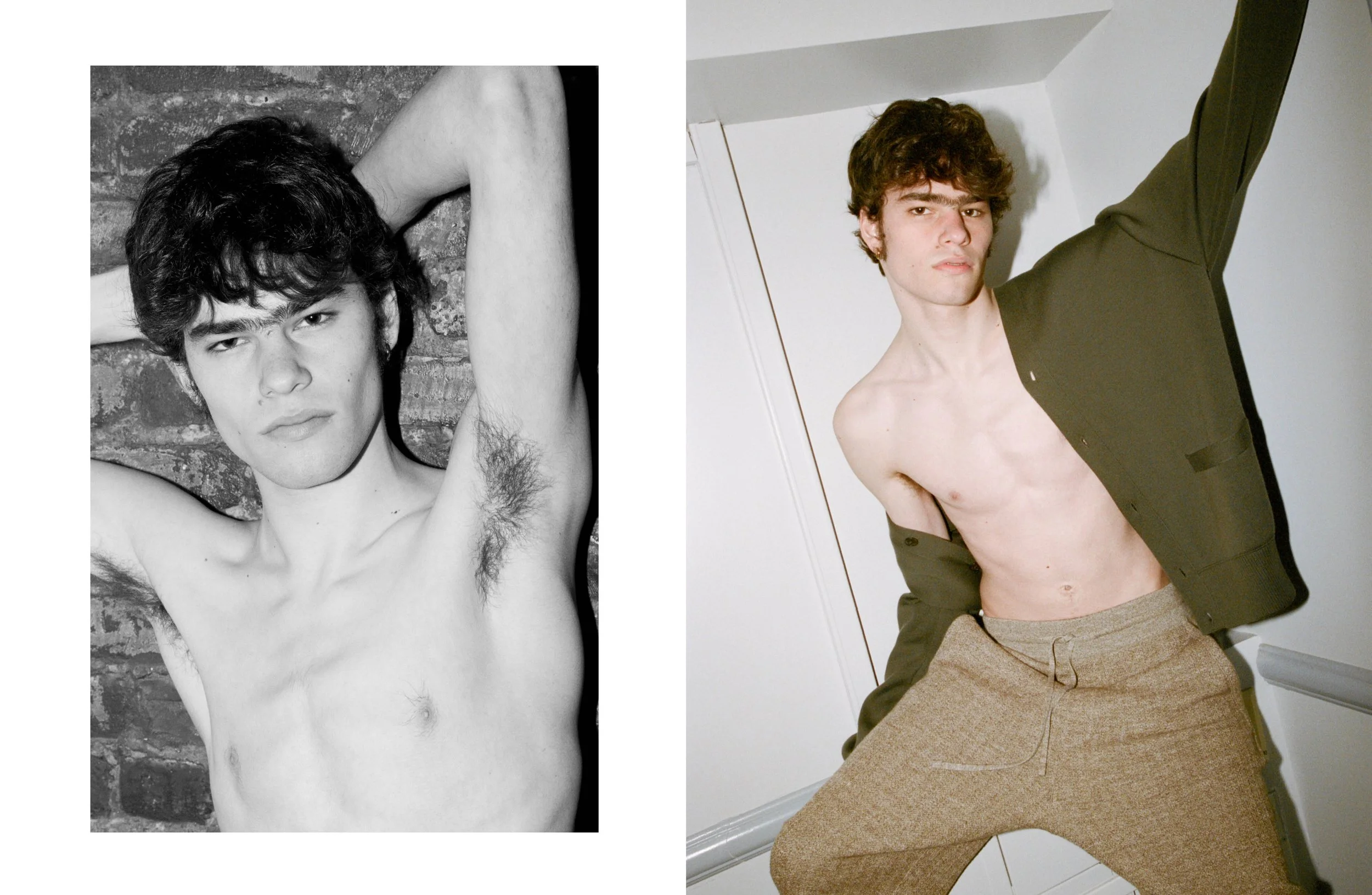For Fin Argus, starting to do drag has been a great way to explore their comedy chops. “I’ve been a silly bitch my whole life, but it has been an amazing exercise of trying to hone in on that and figure out how to make jokes land,” says the actor and performer. Now, Argus is getting to take their funny self to the next level in the best company, starring in probably the most hilarious show of the summer, HBO Max’s The Other Two. In the absurdist showbiz comedy, Argus portrays the role of Lucas – a successful twinky actor whose extremely method acting approach gets in the way of his relationship with the show’s protagonist played by Drew Tarver. We caught up with Argus for our digital cover story to talk about getting a front-row seat to watch masters of comedy at work, their feelings about method acting and the series’ thoughtful commentary on what it means to be a queer actor today.
The Other Two has been my go-to show for laughs lately – it’s so good! Were you a fan of the series before you got a part in it?
I watched the entire show in two nights right around when the second season came out. I binged the whole thing and I was obsessed. Everyone’s so funny in that show, it’s almost offensive. [Laughs] I’m so jealous of their comedic skills. But yeah, I was so excited to even just get the audition because I’ve never done full-on comedy before – being a part of it has been genuinely a dream come true and I had so much fun [doing it].
There are so many comedy legends, as well as super talented newbies that are a part of this…
Yeah, Molly Shannon is a powerhouse of a comedian. But then you also get to see newer actors like Drew [Tarver], who I do most of my scenes with. He is hilarious in every scene – I love the choices he makes as an actor.
Your character on the show has a very over-the-top approach to method acting. Have you ever had a moment in your career when you also gave this technique a try?
I think that method acting is intense. It’s not something that I would consciously choose to do because I feel like when you blur the lines between work and personal life, that tends to have some consequences on your relationships. It’s not something that I would normally get into and it’s also something that, honestly, I find a little cringy. So it was really fun to poke fun at it. That said, I have been told before that I have method tendencies. [Laughs]
No way! [Laughs]
And it’s not a conscious thing at all! So I don’t really know what to make of that because I already find that embarrassing. [Laughs] But you know, I’ve done some really heavy, dramatic roles and I’ve been put into situations where the line between work and personal life does get blurry – that’s sort of out of my control. So I would say that I’ve dipped a toe in the water of method acting but it’s not something that I would like to do on purpose again.
What was that moment?
Here’s the thing: if I’m going to build out a character, I want to understand the motivations of that character. For example, in Queer as Folk, my character was a drag queen. And I had never done drag, never watched Drag Race, I’d maybe been to one drag show. So it was really important for me to understand that culture and become a part of it in some way because I didn’t want to play a drag queen and have no idea what I was representing. I started going to a lot of drag shows and I started doing drag myself – and I can understand why someone might think that’s method – but it was also an excuse for me as a genderqueer person to just break myself open anyway. It’s hard as an actor to allow yourself to be the queerest version of yourself. Especially because I’ve always played the very ‘boy next door’ type of characters – the first character that I method play in The Other Two is sort of the character that I have played my entire life. That’s why Queer as Folk was an opportunity for me to break open. And I used that in my personal life. I was like, ‘You know what, this is a great opportunity to throw caution to the wind and dress the way I want to dress.’ So it’s kind of like, which came first: the chicken or the egg? I really wanted to play that character because I wanted to give myself permission to explore my queerness.
Out of the many intense things that your character does on The Other Two, which one was the hardest to play seriously?
I would say it would have to be the episode where I play the serial killer. Filming that was hilarious – I think I only had one line in the entire episode but I’m just around all the time in the background. I just had so much fun with the physical comedy of it all and I was cracking up and people in video village were cracking up as well. Also, it was the hardest one to take seriously because I felt really spooky and I didn’t want to scare people. [Laughs]
In another episode, your character is a part of the play Eight Gay Men with AIDS: A Poem in Many Hours, which provided some very thoughtful commentary on what deems a ‘prestigious gay role’ in the industry. As a queer actor, what are your thoughts on this dynamic and what type of projects would you like to see more of when it comes to queer stories?
Well, first and foremost, I appreciate that those types of stories are being told. We’ve seen a lot of it though and seeing queer trauma over and over again gets a little exhausting, especially as a queer person. So I feel like a lot of the time, those stories are revered by people that aren’t even a part of the community and are played by people that aren’t part of the community. That’s where it starts to rub for me because I want to see queer people in roles where their queerness is more incidental – where it’s not necessarily the story, it’s part of the character. I want to see queer people in genre cinema, whether it’s a psychological thriller or fantasy. I would love to play a little fairy with a magic wand, you know? [Laughs] That sounds great. But a lot of the queer stories that end up getting to production do have this element of heavy trauma. And I think it’s important to recognize that modern queerness is not entirely divested from the experience of trauma because that is a reality, but I think we’re missing on an opportunity to manifest a world in which queerness is more incidental and people are living within a wide range of experiences, whether it’s fun, romance, mystery, or horror. I hope that, going forward, queer people aren’t relegated to stories just about their trauma.
You said this was your first foray into full-on comedy. Is that something you would like to do more of in the future?
Definitely. It’s something that I got into because I started doing drag and all my drag is very comedy-oriented – none of it is snatched and beautiful, it’s very silly, nasty and crunchy. I just appreciate having a platform to explore comedy right now because I’ve been a silly bitch my whole life, but it has been an amazing exercise of trying to hone in on that and figure out how to make jokes land. That’s why I felt really lucky to have worked on The Other Two and get a front-row seat to see how these hilarious actors, comedians, writers and directors work.
…
Interview by Martin Onufrowicz
Photography by Hadar Pitchon
Make-Up & hair by Anna Bernabe
